Get the Chance Community Critic Barbara Hughes-Moore speaks with actor Robert Wilfort, who plays the title role in SPIKE, a new play by Ian Hislop and Nick Newman which charts the rise of Spike Milligan and The Goons. Milligan was the head writer and one third of The Goons, a working-class British comedy trio which also comprised Peter Sellers and Harry Secombe (and, later, Michael Bentine), who took the nation by storm in the 1950s. Despite frequent run-ins with the BBC, The Goons’ avant-garde silliness inspired countless comedic greats from Monty Python to Mischief Theatre. The UK tour ends its run in Cardiff, playing at the New Theatre from 22 – 26 November (you can find out more about the production and book tickets here). Robert chats about what it’s like to play such a beloved icon of British comedy, and why Spike aficionados and newcomers alike will leave the theatre laughing!
This interview has been edited for clarity.
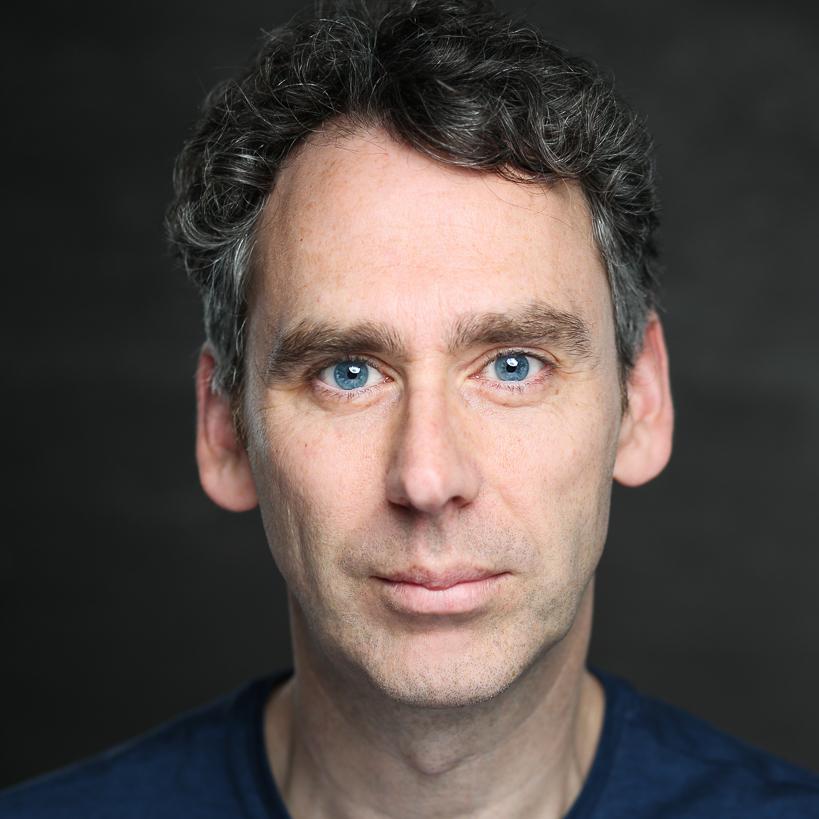
Thank you for taking the time to speak with me today, Robert!
Thank you for having me.
Tell us a little bit about SPIKE.
The Spike of the title is Spike Milligan, played by me. It’s a new play written by Ian Hislop and Nick Newman written about Spike and The Goons, particularly focusing on the time round about when they were starting to become popular in the 1950s. For those of you who don’t know who Spike Milligan is, he’s a hugely influential comedian, writer, poet, performer who burst onto the scene in the early 1950s with this anarchic radio comedy show called The Goons which was quite unlike anything that came before it. It was hugely popular and hugely influential, so this play is exploring the development of that time and a celebration of his work.
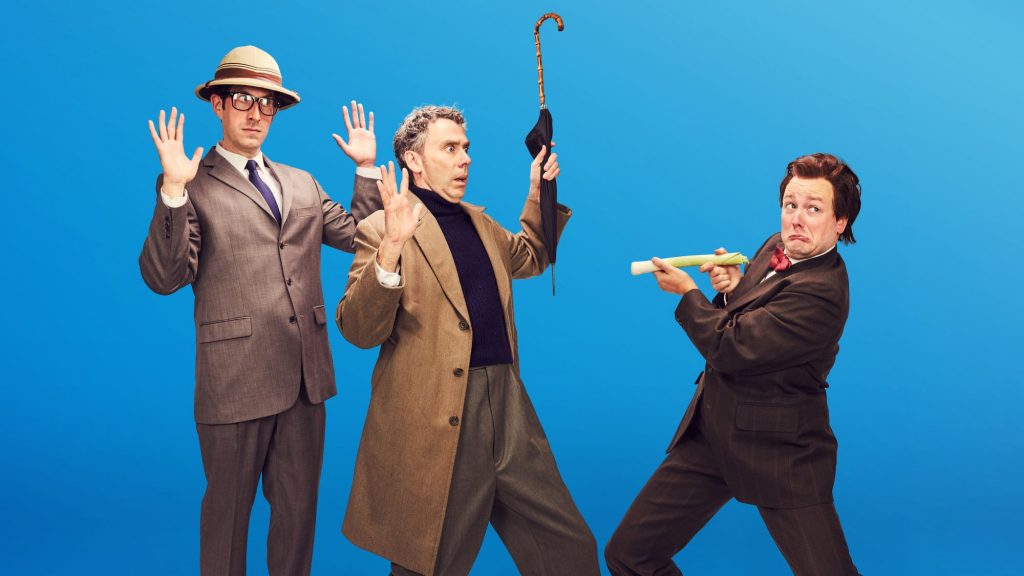
How surreal does the play get? The Goons toyed with that kind of comedy.
They did! They were absolutely mad; they took these huge surreal logical leaps. We’re not too surreal: we try to tell the real story of his life, but we do have some fun surreal moments in the playing of it. Spike breaks the fourth wall and talks to the audience quite a lot, and the staging is quite fast and fluid, and funny, strange things happen; we mix scenes together. There is a nice surreal thread running through the show.
How do you bring that into the creative process: is the comedy quite regimented or do you keep it quite loose?
We keep it fairly loose – if we interact with the audience we do have room to go off a bit, but we do tend to stick to the script! It’s a great script – the play is very fast and snappy so that was the thing we were trying to capture the most, because The Goons have a huge energy to them. Most of their clips are on BBC Sounds. They’re fast, snappy, they don’t let up with the jokes and we try to capture that energy in the play. If you don’t like one joke, there’s always another one along in a minute! I think what Ian and Nick wanted particularly to capture is that, when we see things on tv that talk about comedian’s life it’s often quite dark, tears of a clown – and Spike did have that side to him; he did have that side to him. He got shell shocked in WWII and had serious mental health issues throughout this life which he was always very honest about. We deal with them but we don’t dwell on them: the tone of the show is joyful and silly and happy, because I think that’s what people need at the moment.

Was it important then to bring those two tones together in the show?
That’s been the big challenge: finding when Spike is ‘on’, which he kind of always was. He was always funny and always telling jokes, he just couldn’t help it. But he could also be quite argumentative and difficult to work with and worked himself into a breakdown. He used to write an episode a week, thirty episodes in a series, and he pretty much did it on his own. It was his passion project, so he would just work and work and work. We showed the effect this had on his marriage. For me as a performer it was about finding the moments of being real as opposed to the jokes.
There are a lot of jokes, a lot of Spike’s jokes – Ian and Nick will freely say that they wrote this show because half of it was written already! We do also act out parts of Goons’ shows as well, with the microphones as if we’re recording them. So there’s a lot of original Spike material in there. It was all about finding the pattern, finding a real person in amongst all the jokes and the tomfoolery.
How do you even begin to approach playing a real person who is so eccentric, unique and beloved? What is your way into that?
When I was offered it, I thought ‘what a great part!’ then I started to get slightly worried because he’s one of the funniest people who has ever been – no pressure! I tried not to let that worry me too much. It helped that I was a fan and I knew his work, my dad was a big fan and he grew up listening to it first time around. I felt like I knew the style of the comedy and then I read and watched a lot about him. I knew his performing style but I wanted to try and find footage of him from the time. I think a lot of people have an image of him as a grumpy old man figure, but he was quite young when he started. So it was about trying to capture his energy and essence without trying to do a picture perfect impression. It’s our version of Spike, our story we’re telling. Ad it was really good fun to research – lots of silly videos!
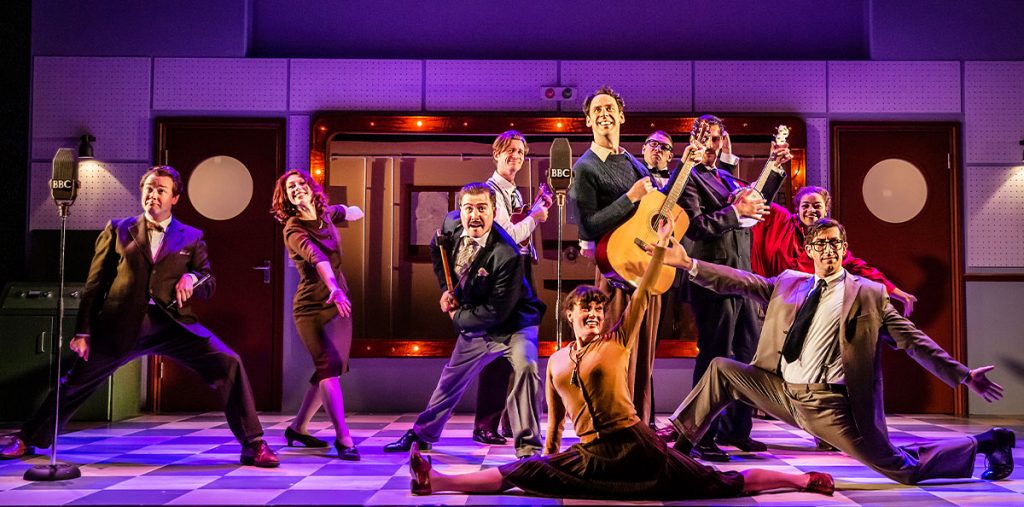
How do you interact with the other cast members playing The Goons, and get that sense of camaraderie?
Luckily, everyone in the company is really lovely and naturally funny themselves, so it hasn’t been that much of a challenge to look like we’re having fun. It’s about getting the speed and the timing right so it feels like it’s flowing. We have some scenes where they are just messing about in the pub, because that’s how it started (and how a lot of great comedy starts: good friends messing around together in a pub!) Jeremy who plays Harry Secombe is fantastic; Paddy Warner who plays Peter Sellers is fantastic too – so it’s not been hard, we just kind of keep throwing things around and see what works. We still try and play around with it, never try to do it exactly the same every night but tweak it a bit and catch the other person off a little bit. It’s about trying to make other people laugh!
Is that one of the joys of touring this kind of show? That you not only play the different interpretations on the stage every night but different audiences react differently?
They do! That’s the fun: that every theatre presents a new challenge, and a different space and size. You have a different experience depending on where you are. We definitely notice that different towns have different feelings to them – I’m sure Cardiff’s going to be the best, though!
All my friends and family are coming to the Cardiff shows – I’m from Porthcawl so I grew up only half an hour down the road.
Have you ever performed in Cardiff before?
I haven’t performed onstage in Cardiff since I was in the National Youth Theatre – I’ve done TV and radio in Cardiff since but never a play, so I’m really looking forward to it. We’re there the last week in November, we finish on the 26th.
Just before Christmas!
Come and do your Christmas shopping on Queen Street and then see our show – it’s a great day out!

Even if people didn’t grow up with The Goons, they will have grown up with those who were influenced by them, like Monty Python, Mischief Theatre and the Horrible Histories crew.
We acknowledge that at the end of the play, actually: just how many people have been influenced by him. The Goons started in 1950, so you had people like John Lennon and Paul McCartney listening to it, Peter Cook and Dudley Moore, as well as all of the Pythons. I don’t think you would have had Monty Python and all of these people without Spike. You can hear the influences in later classic sketches, like ‘Don’t tell him your name, Pike!’, there’s a version of that on The Goons twenty years before Dad’s Army. People would gather round listen to it on the radio. It was like the rock and roll of comedy: the parents didn’t understand it, but they did. I think Ian and Nick thought Spike may have been forgotten – I’ve actually explained who he was to a lot of people my age.
Is that part of the impetus behind the show: to find out more about this person who influenced so much?
Yes! Also, it was an interesting and important time: all the Goons were in the army, and they would go and entertain the troops. The Second World War helped to create this whole generation of working-class actors, writers and performers. I can’t think of the same happening now: three working-class lads having their own sketch show seems like it would be rare now. It was an interesting and important time, and we want to celebrate that. Spike died 20 years ago, a whole generation have grown up not really knowing him, other than maybe doing his poems at school. We have had all ages in the audience! It’s a good night out for anyone whether you know the Goons or not.
Why is theatre suited to telling this story?
You get the instant reaction, the laughter. It could absolutely work as a TV project, it might have originated as that. Because there’s been no theatre for such a long time, and because there’s that communal feeling you can sense as the show goes on. Being in a space with other people all enjoying the same thing, I don’t think anything is quite like that.

What’s your favourite moment that’s happened so far?
We had a couple of drunk ladies in the front row the other week! That’s the joy of live performance – they were really enjoying it, and joining in. we had a strange moment in Brighton where a few kids broke into the theatre and were running around the royal boxes trying not to get caught! That’s all part of the joy: you never know quite what’s going to happen. The best moment for me is just having an audience being happy and entertained.
What makes you laugh like that? Who are your comedy influences?
My favourites are Vic and Bob! They were my heroes, along with people like Chris Morris (The Day Today, Brass Eye) and Steve Coogan. They have a special place in my heart: pure silliness, pure nonsense.
Speaking of Chris Morris, I often quote “Peter, you’ve lost the news!” out of context, totally unprompted. Do you have a favourite Spike Milligan joke that you find yourself dropping into conversation?
His poems always make me laugh: he has one that goes ‘There was a young man called Wyatt, whose voice was incredibly quiet, and then one day, it faded away, [mimes the rest of the line silently]’. It’s always the strange experimental moments in The Goons that make me laugh most: there’s a scene where a spy has been sent to the Secret Rendezvous, and the code is to knock the door six thousand times. It goes on for ages and the knocks get faster, then the door opens and he asks ‘Is this the Tea House of the Orchard Moon’? ‘No, next door’, and then he does it all over again! What the show deals with is how much Spike had to fight the BBC to get stuff like that on, because the bigwigs at the BBC didn’t understand the comedy. The core of the play is Spike’s battle with the BBC to get the show, and its special effects, how he wanted it.
He ended up transforming BBC sound effects. He’d ask for the most ridiculous things like Big Ben falling off Beachy Head, or a Wurlitzer organ travelling through the desert as fast as it can go. He was constantly pushing and challenging, and out of that came the radiophonic workshop and all the amazing things they did on Dr Who. He wasn’t just an influence on comedy but on radio and sfx as well.
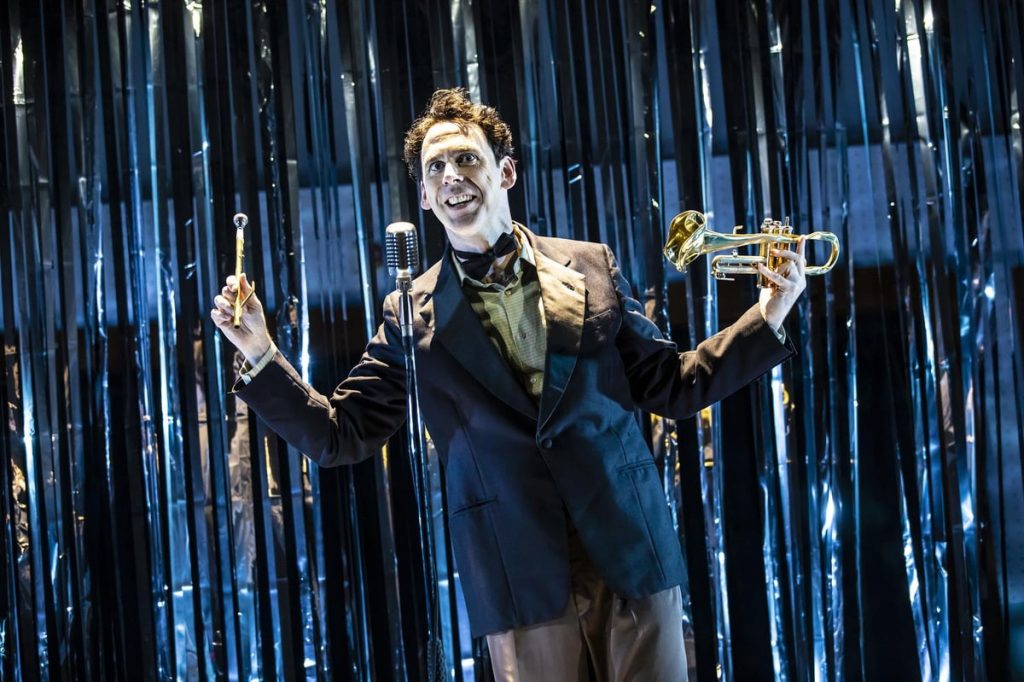
What do you think is the secret of comedy: is it that boundary-breaking rebellion against authority that Spike embodied so well?
I think it is that. It can be saying the least expected thing or breaking the boundaries. Spike would find the surreal or the silly in anything: any turn of phrase he could make a pun out of. I think it is having a way that looks at the world that turns it on its head, that makes it come to your point of view. It doesn’t have to be taboo busting, though there is a place for that in comedy.
Spike wasn’t an overnight success: like all the best kind of artists, he spent years out on the comedy circuit and then people slowly came round to his style. I think the world came to Spike as opposed to the other way round; he didn’t emerge fully formed. He was aways funny; his war memoirs are always a great read because they’re very silly.
He has a joke even on his grave – “I told you I was ill!” – there’s not many people who could do that, and make you laugh long after they’re no longer with us.
And there’s not many people who could have got away with saying what he did to Prince Charles!
What do you want audiences to come out of this play, this theatrical comedy experience, to feel when they leave the theatre?
If we send people out there to explore his work who maybe wouldn’t have before, and to go back to The Goons as a lot of people haven’t listened to them. We just want to send people out happy, really. I want people to go out and say “That was the best actor I’ve ever seen in my entire life! Nothing will ever top that!” Send them out happy, and then dip their toes into this amazing world of comedy.
I’m sure they will, Robert – we can’t wait to see SPIKE!
Please come and see us, we’re really looking forward to Cardiff. My mum’s bringing a coachload of her friends to the Wednesday matinee. Fifty pensioners from Porthcawl!
I don’t think you could have a better audience!
The UK tour of SPIKE ends its run in Cardiff, playing at the New Theatre from 22 – 26 November (you can find out more about the production and book tickets here).
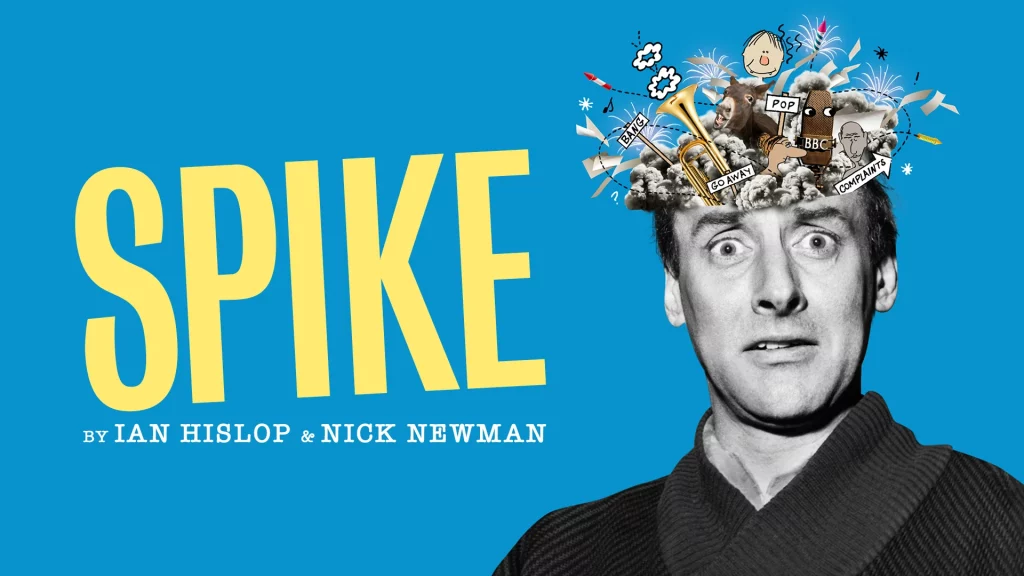

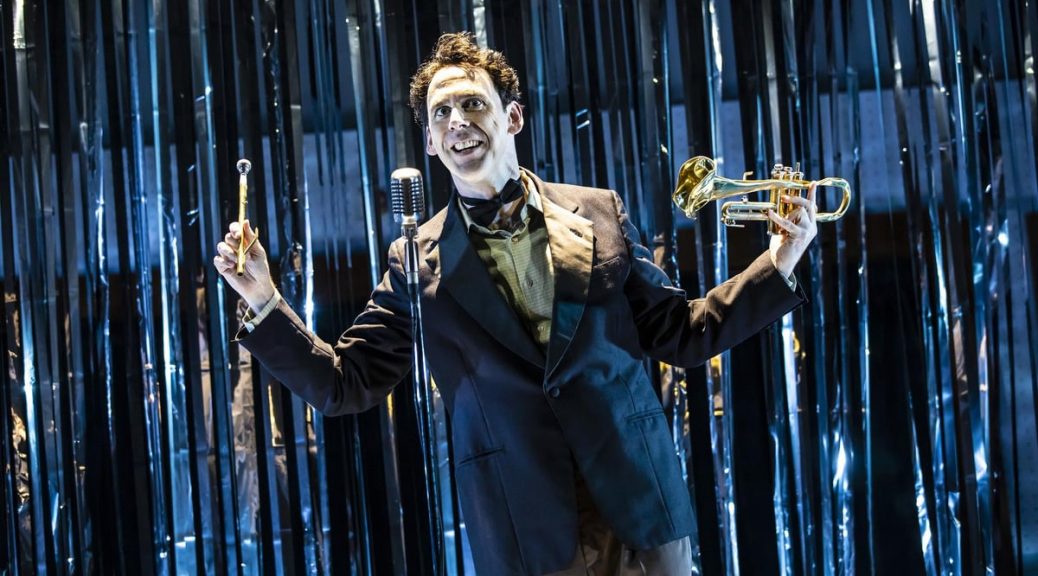
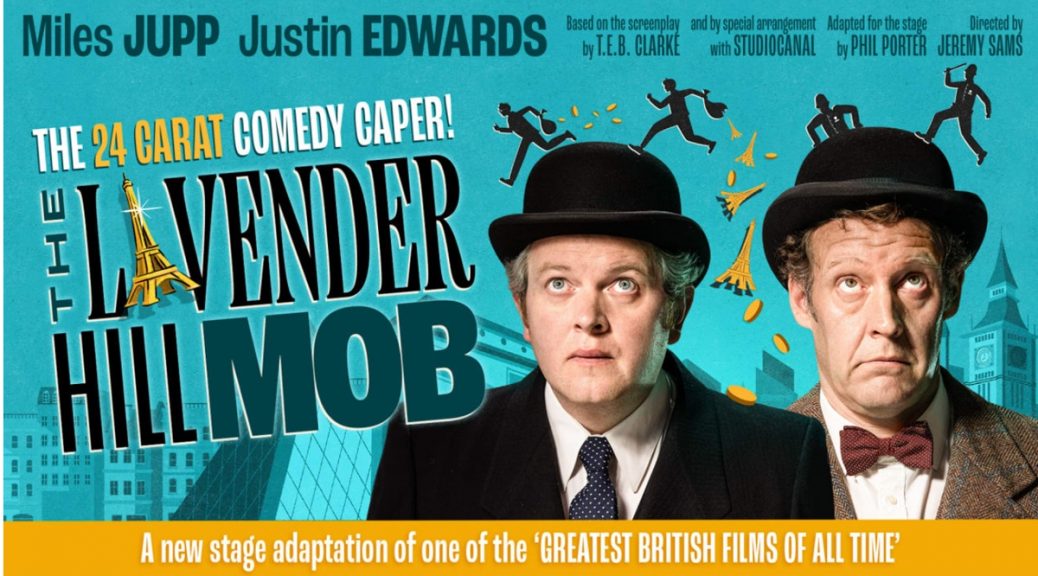
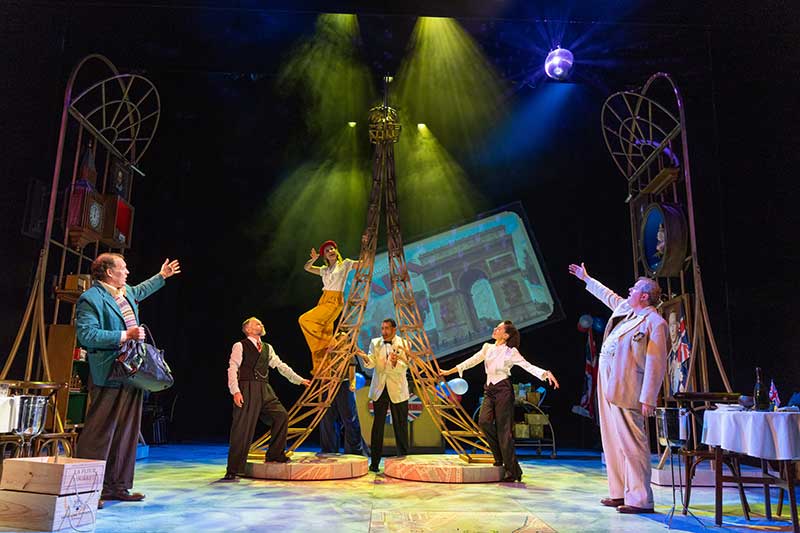
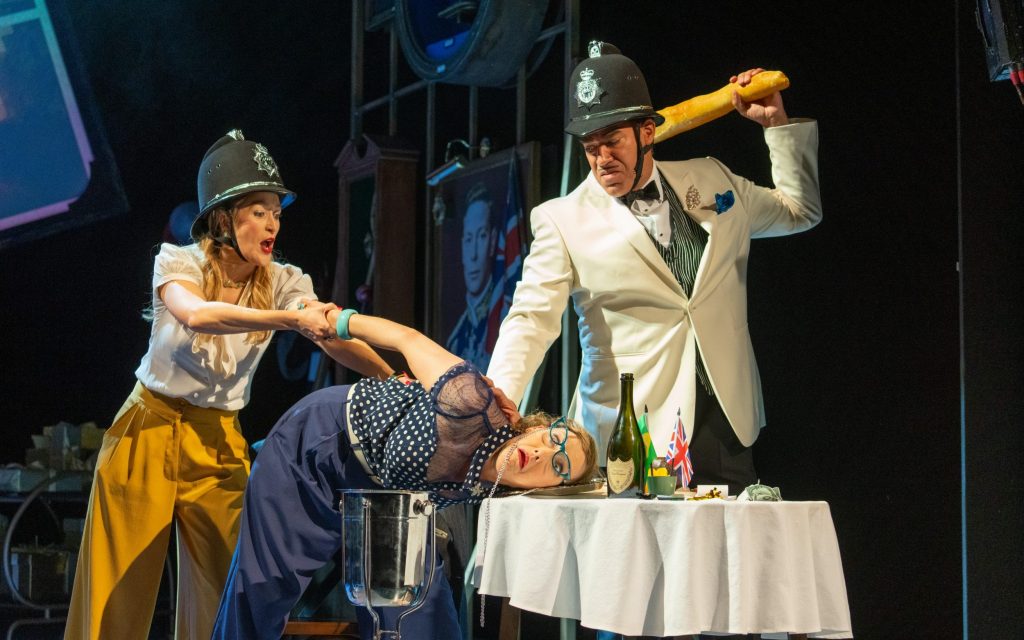
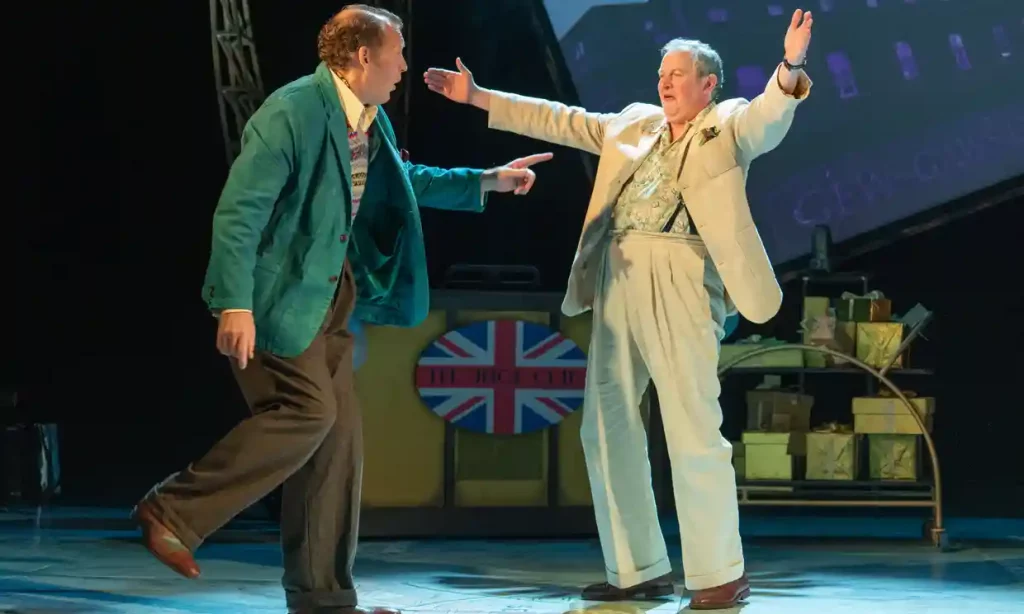
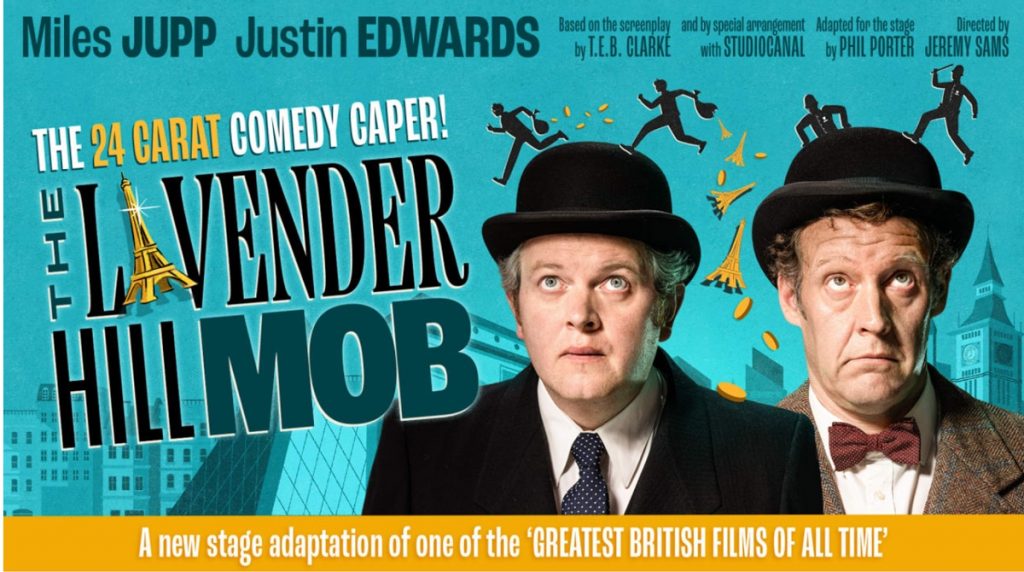
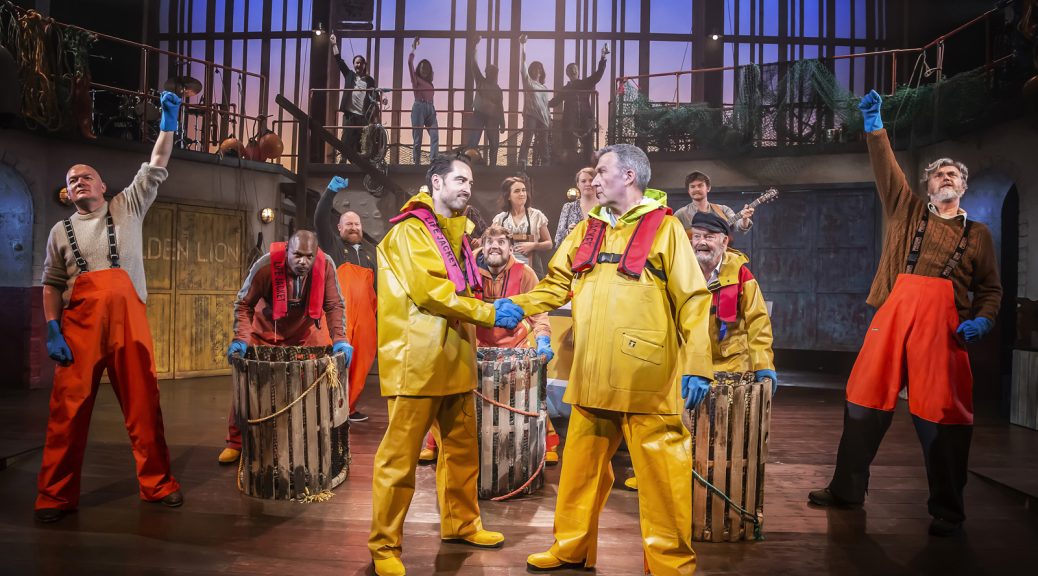

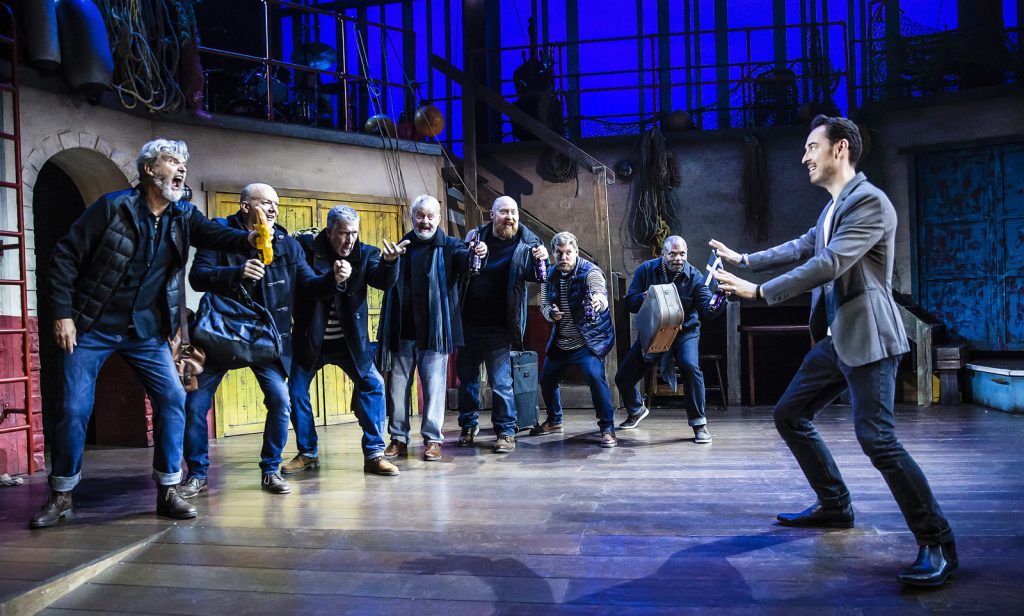
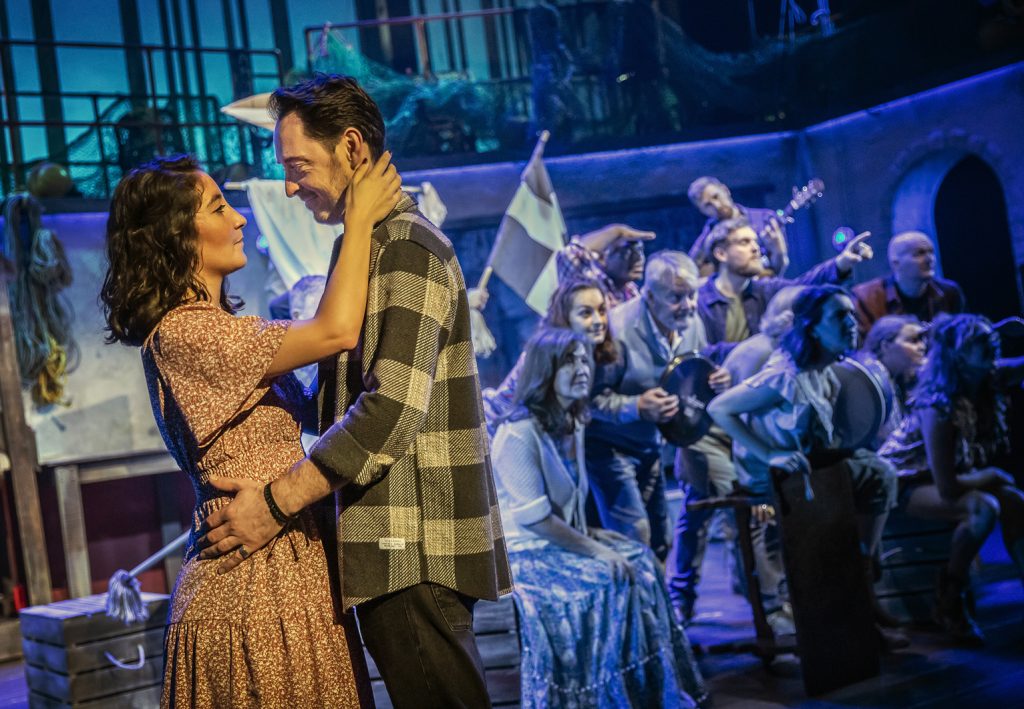
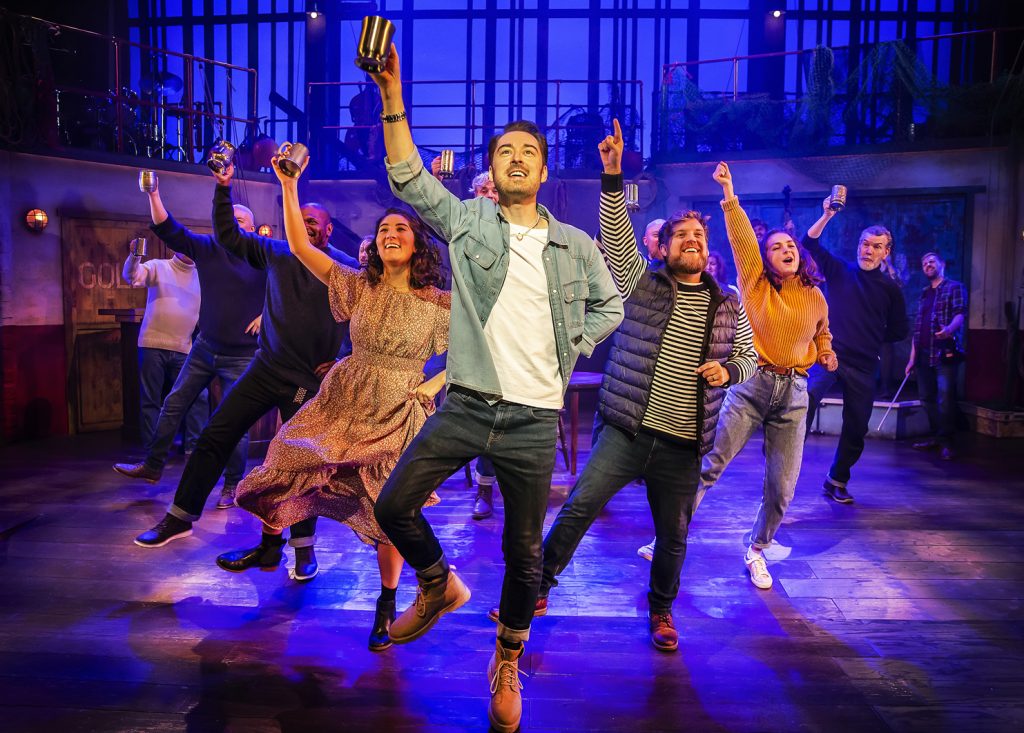
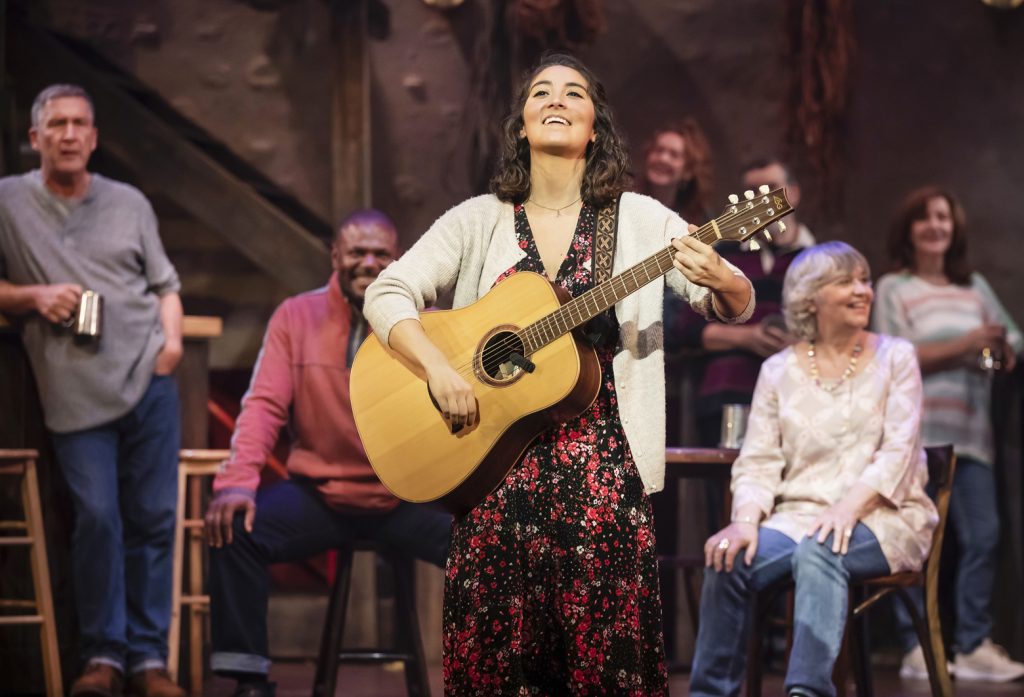
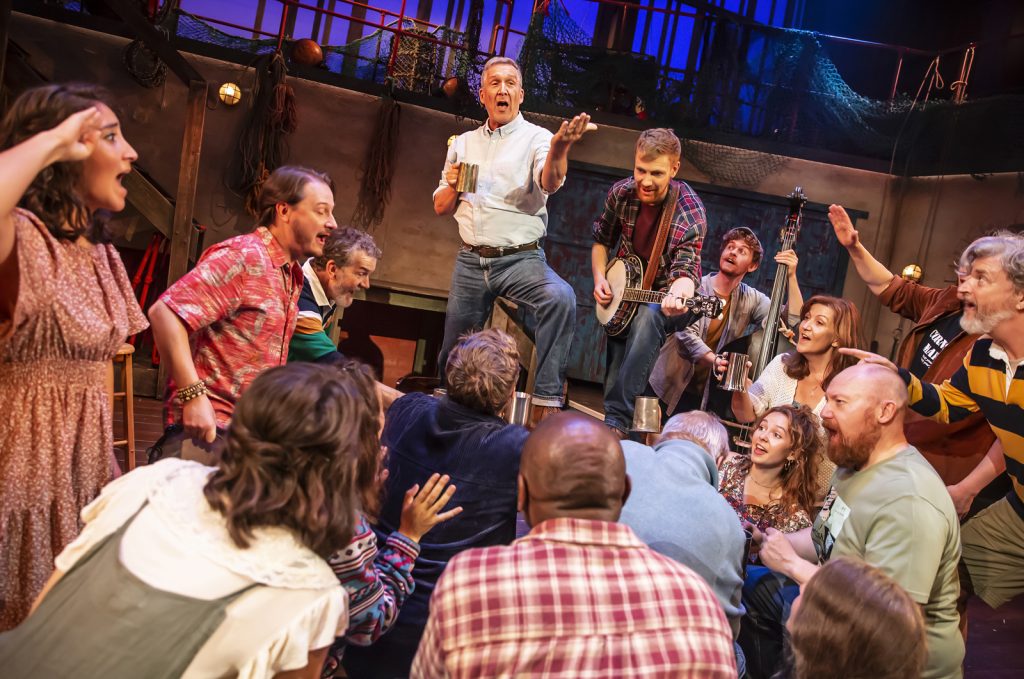
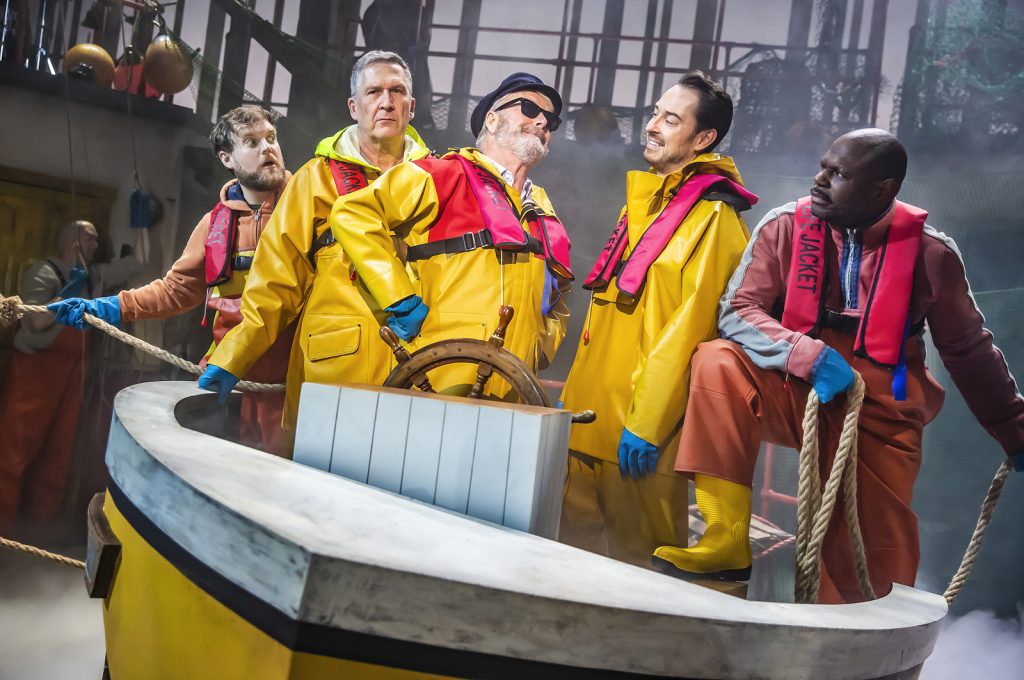


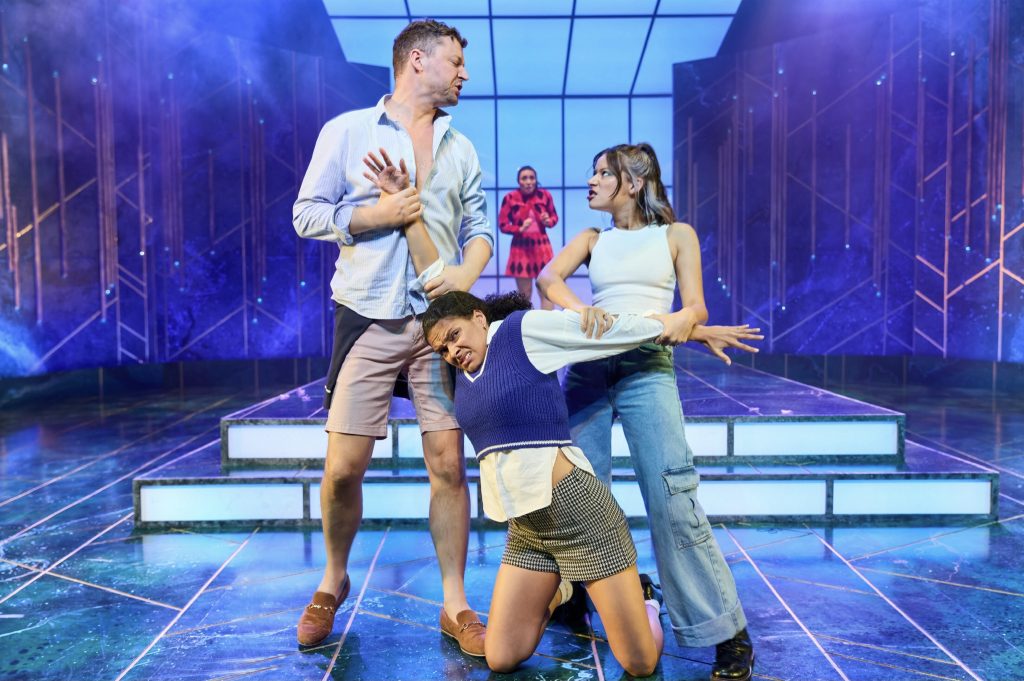
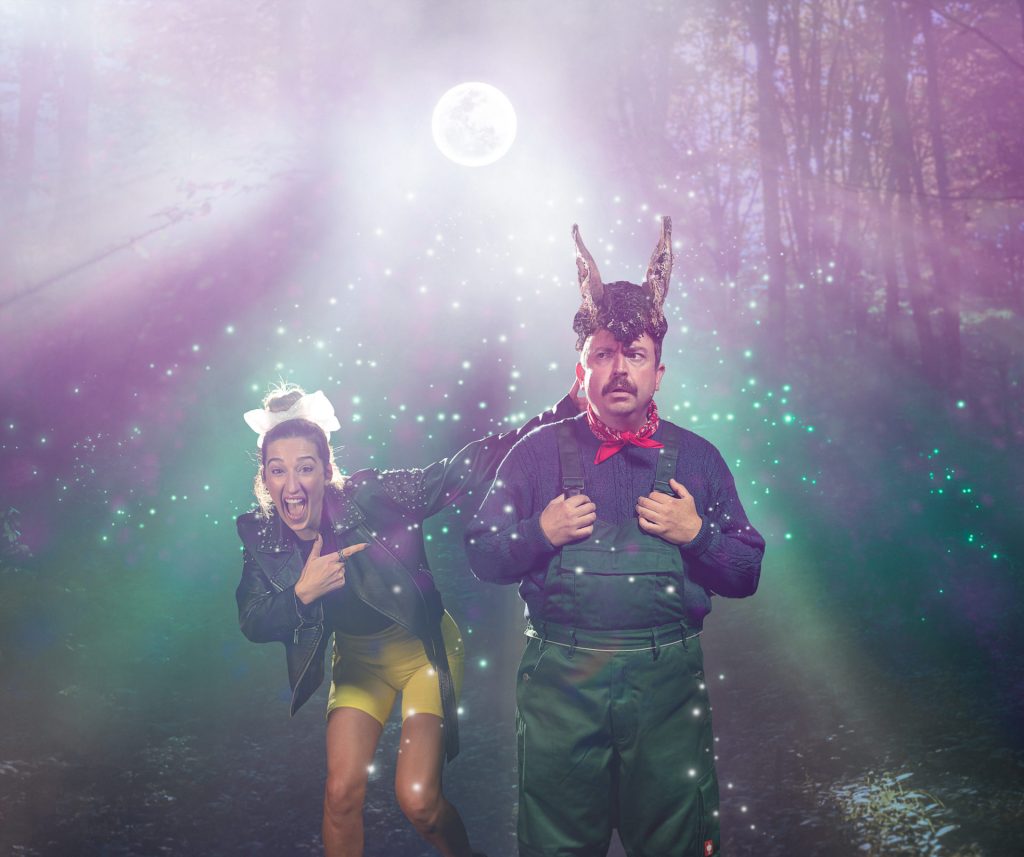
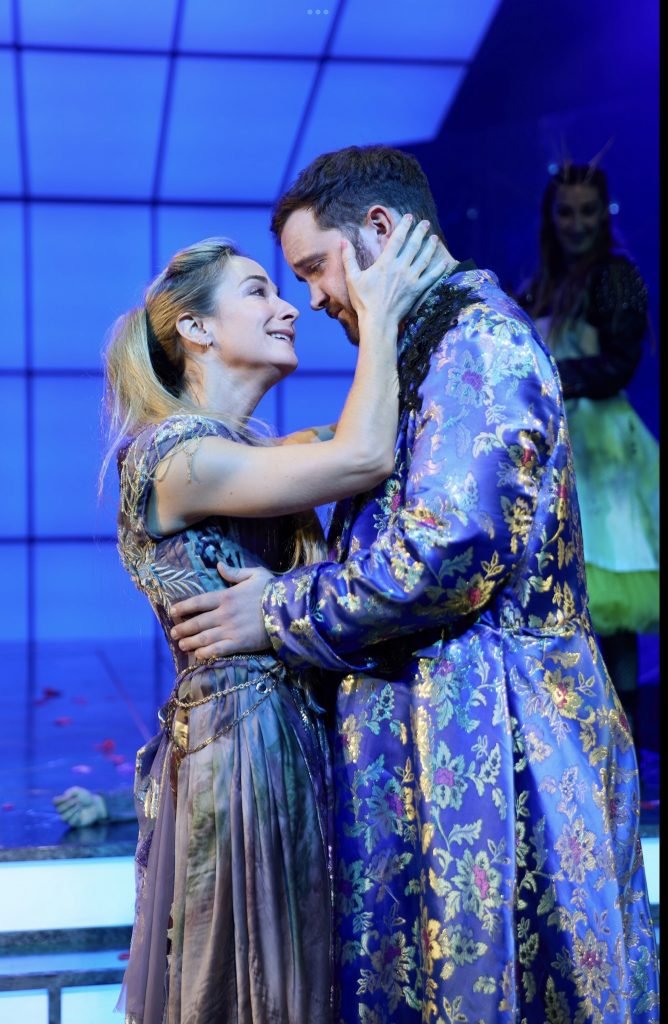
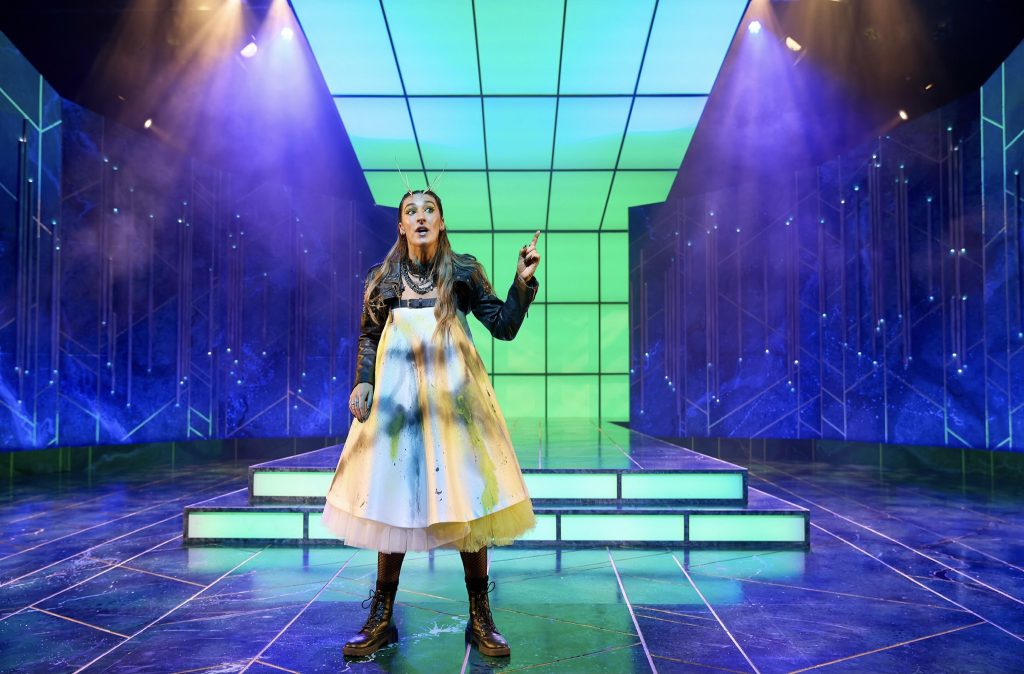
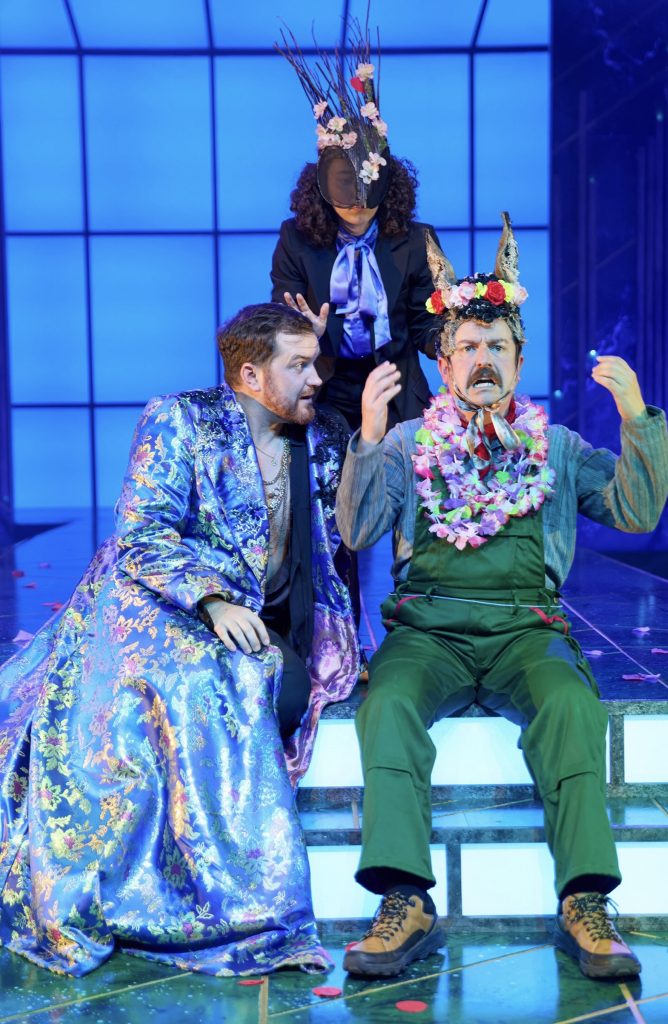
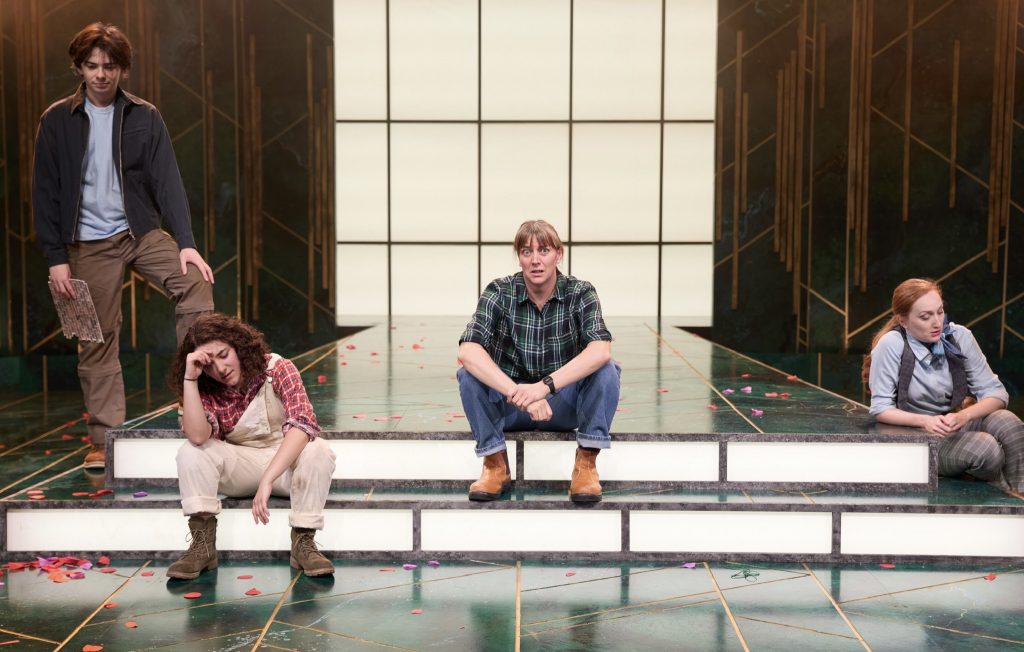
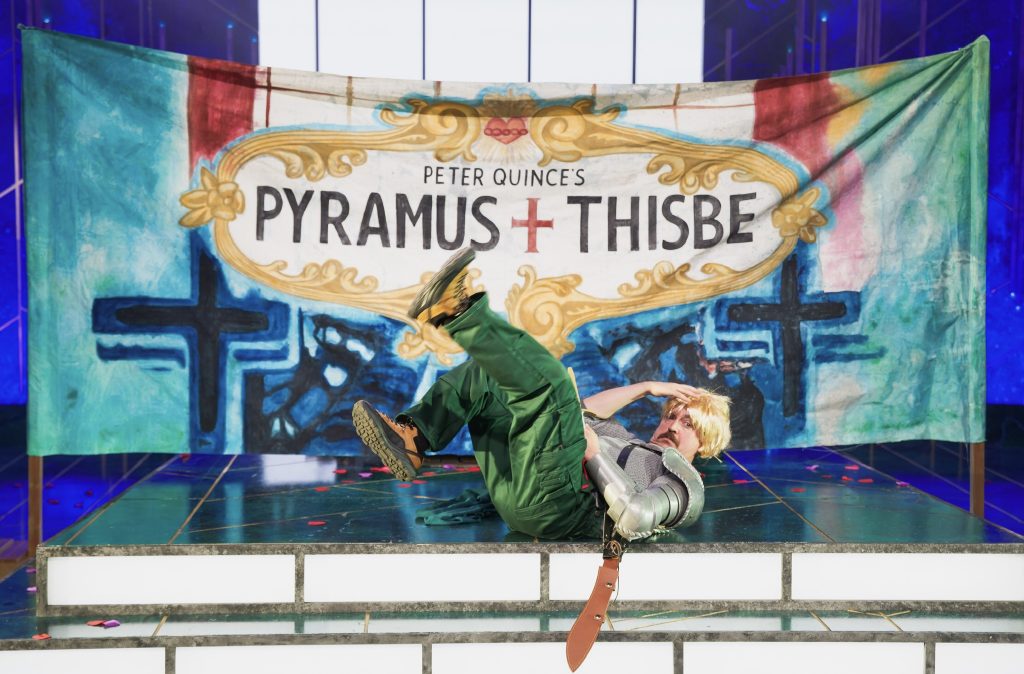
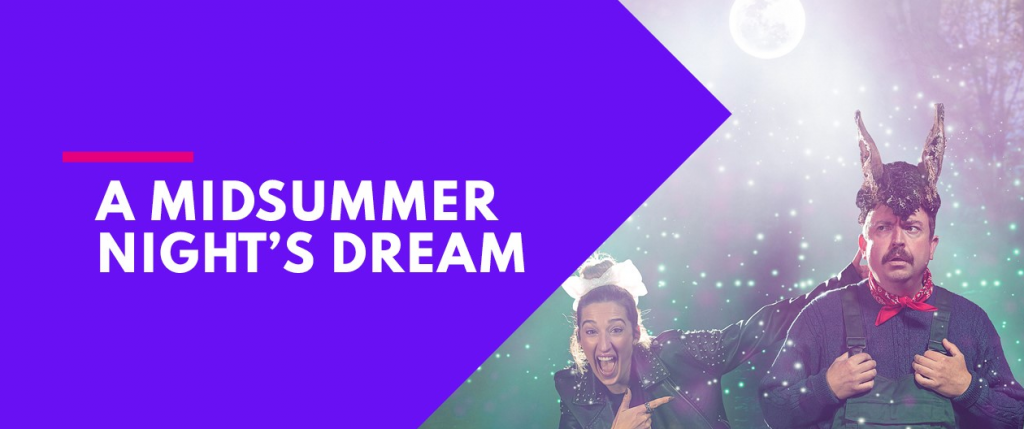
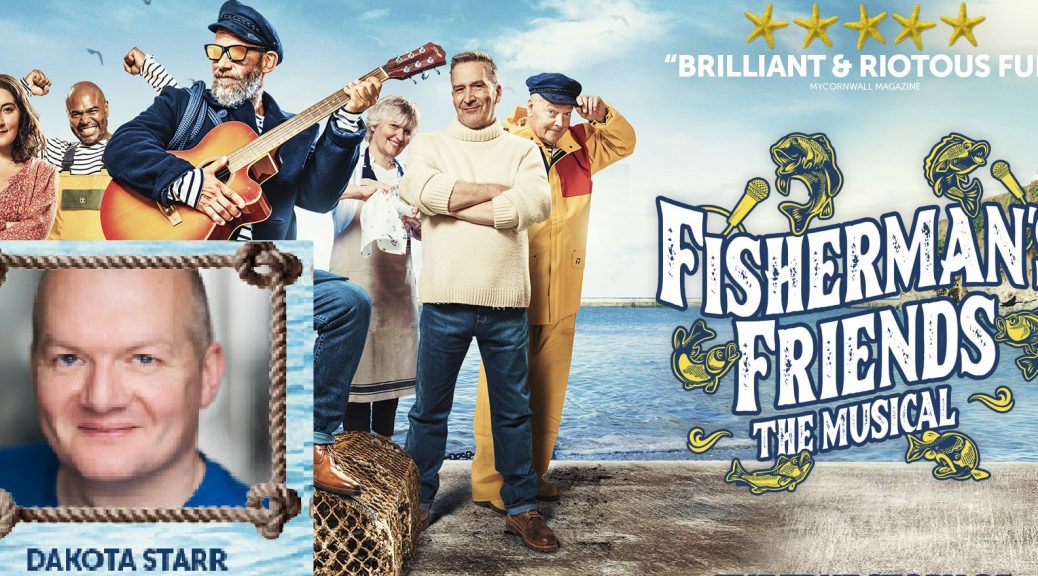
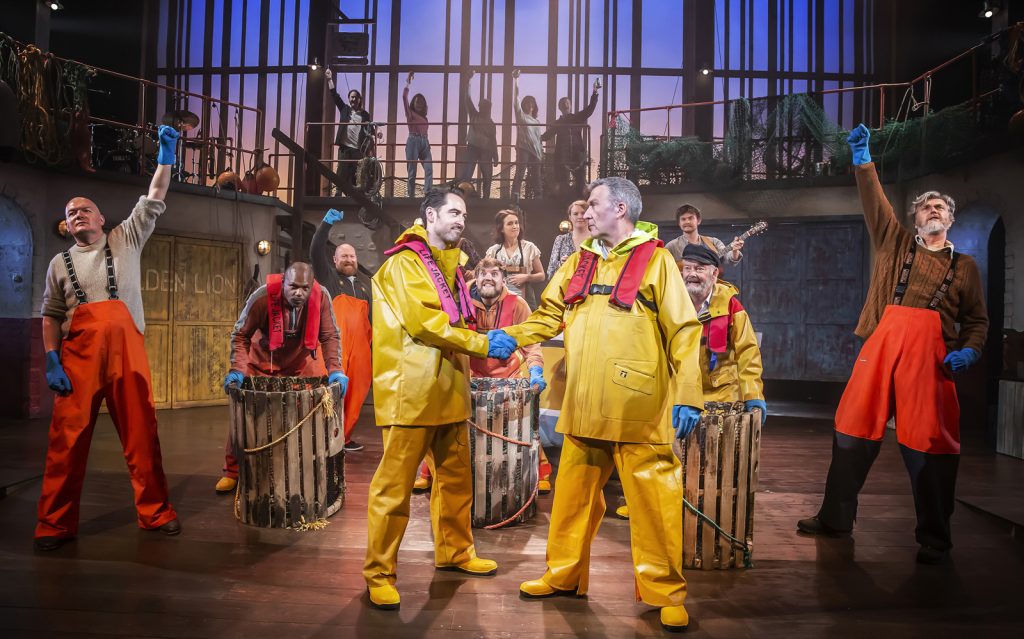
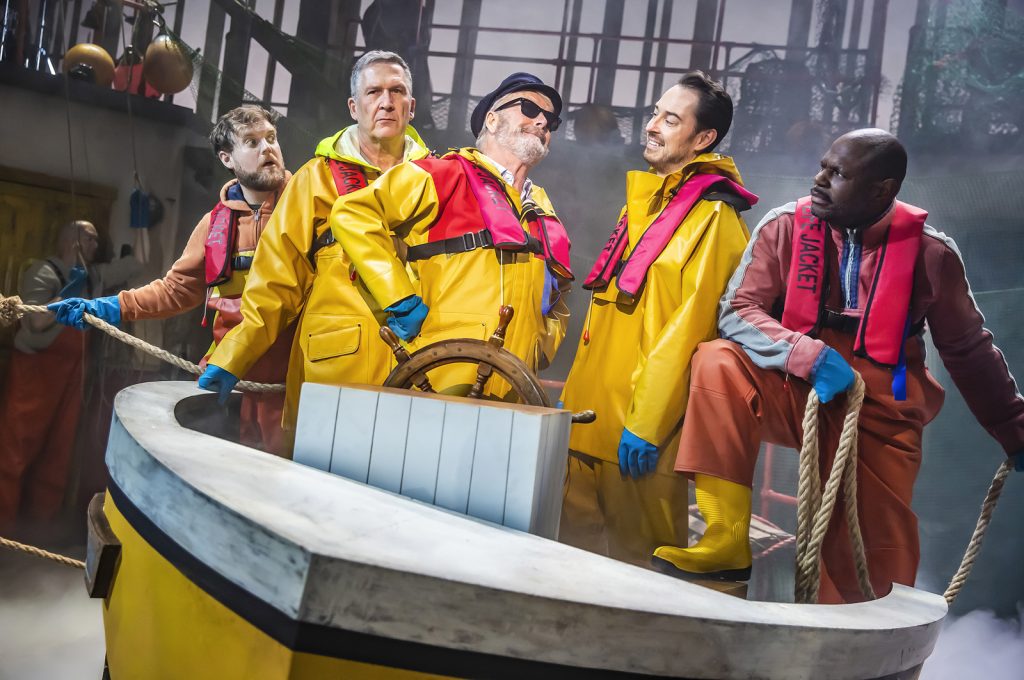
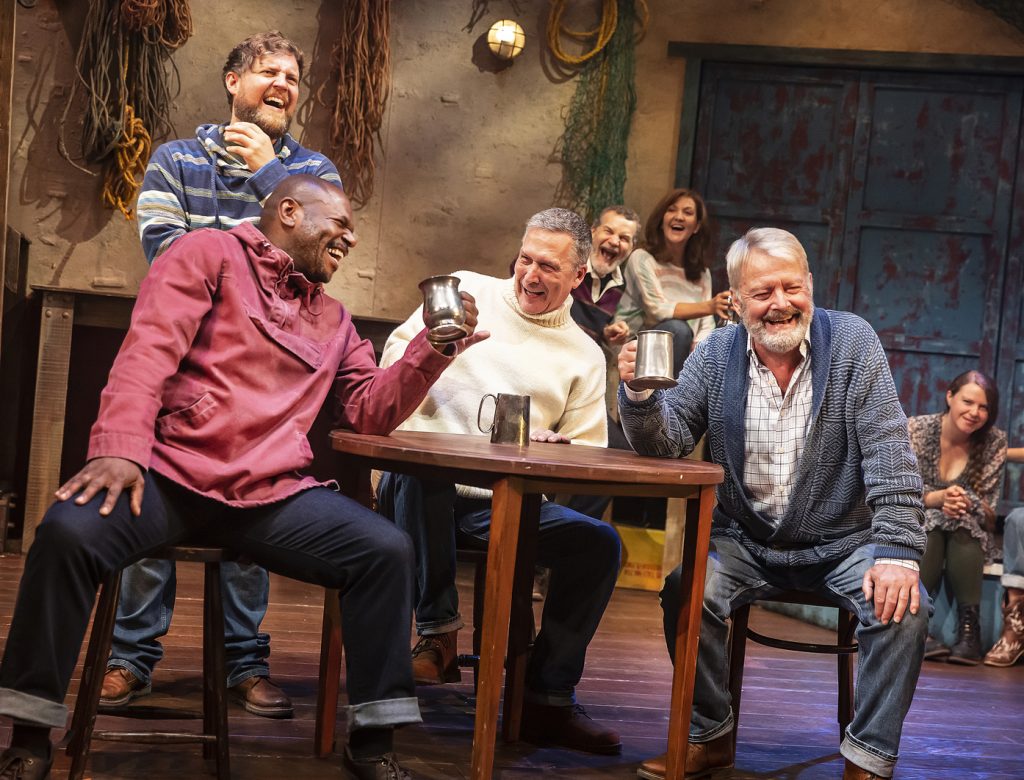
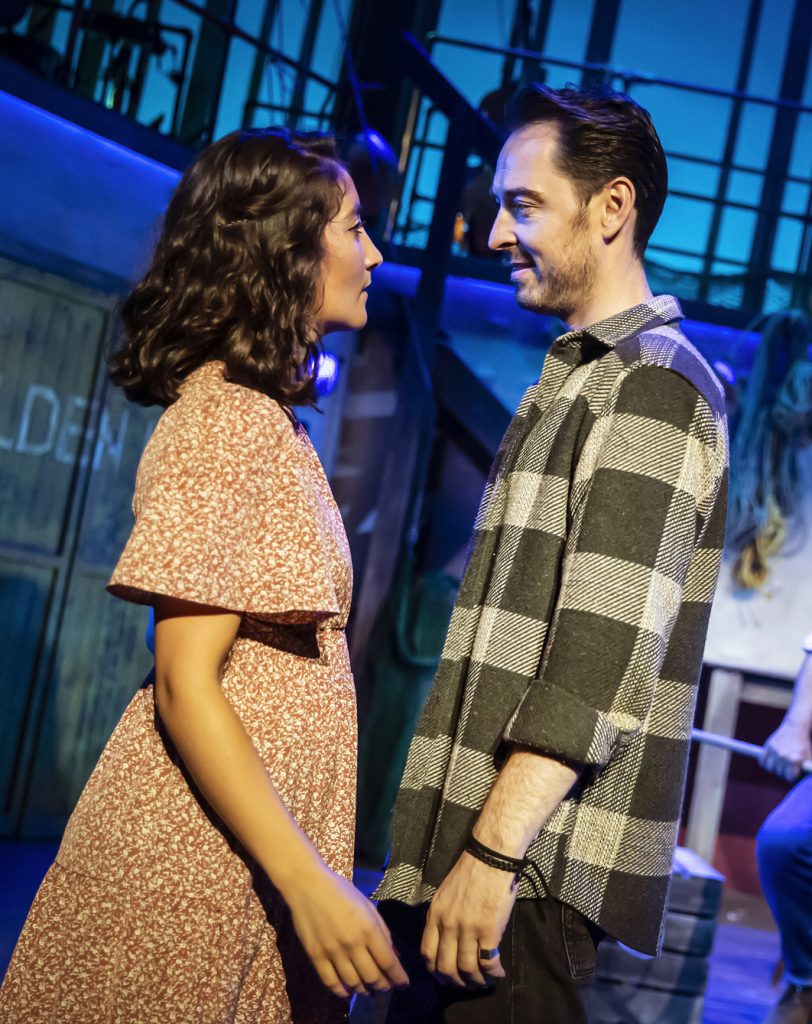
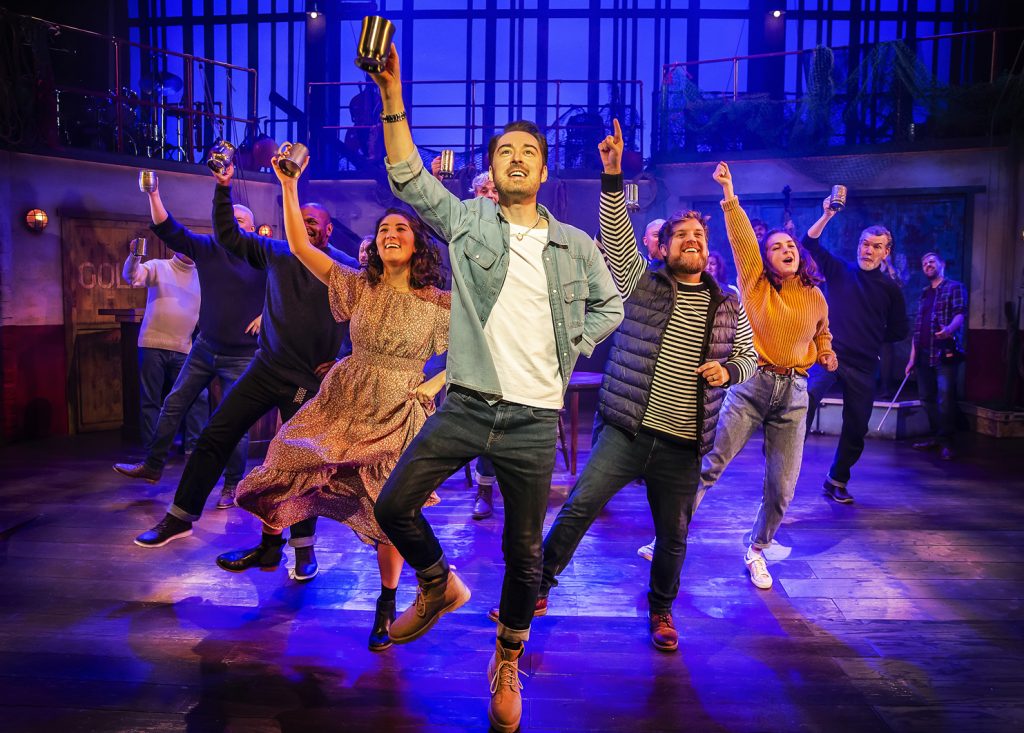
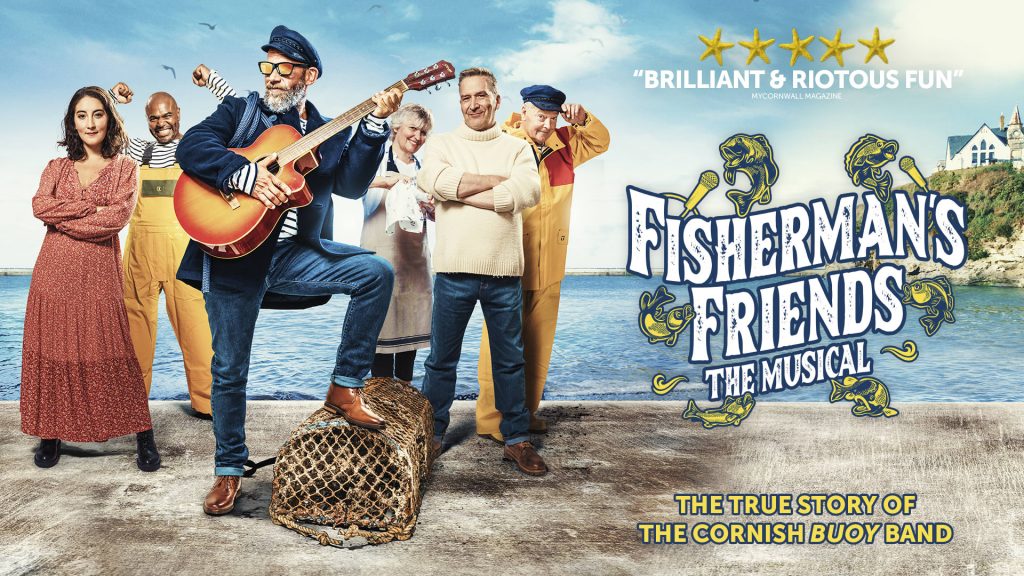
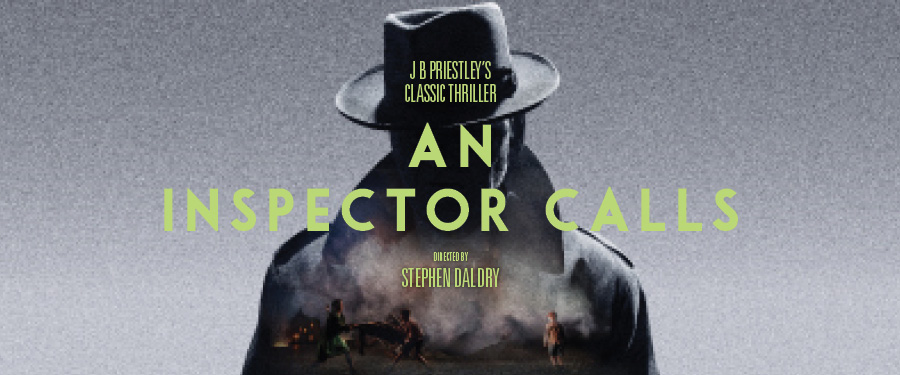
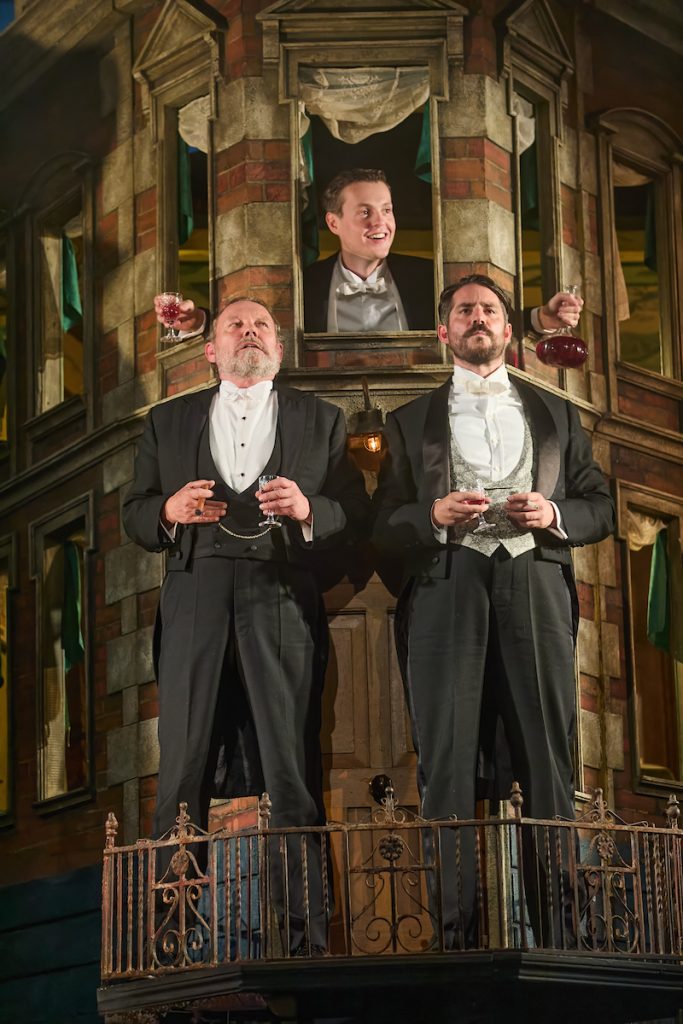
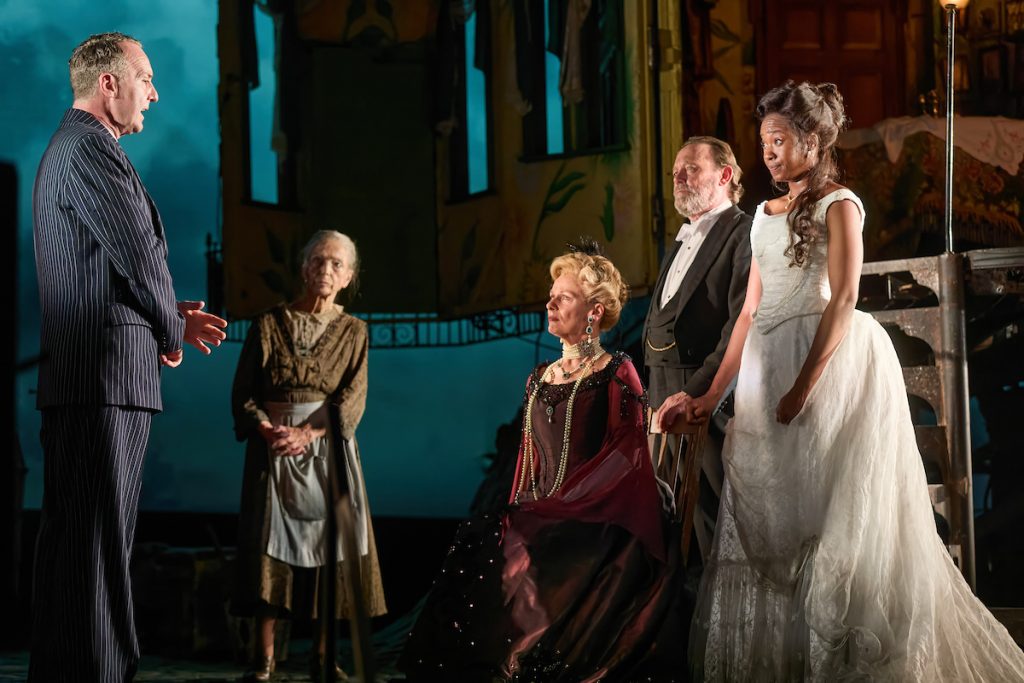
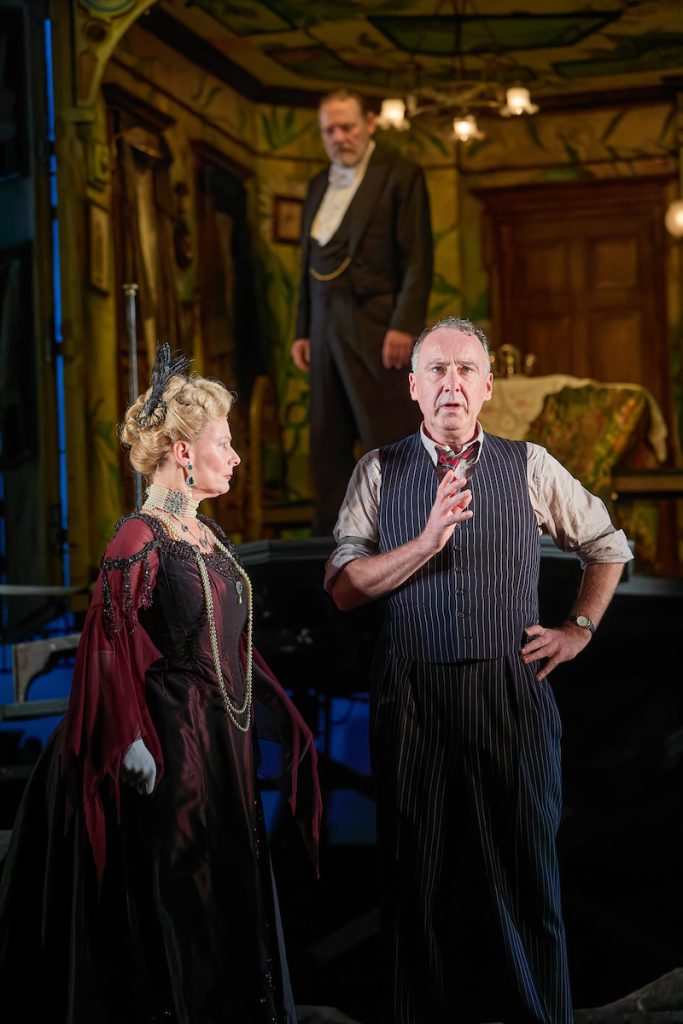

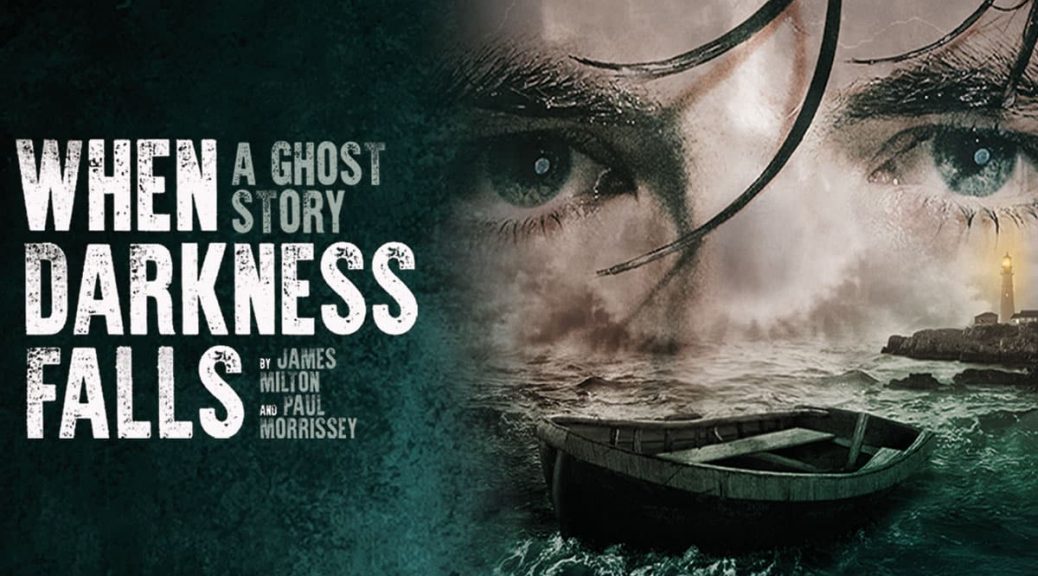
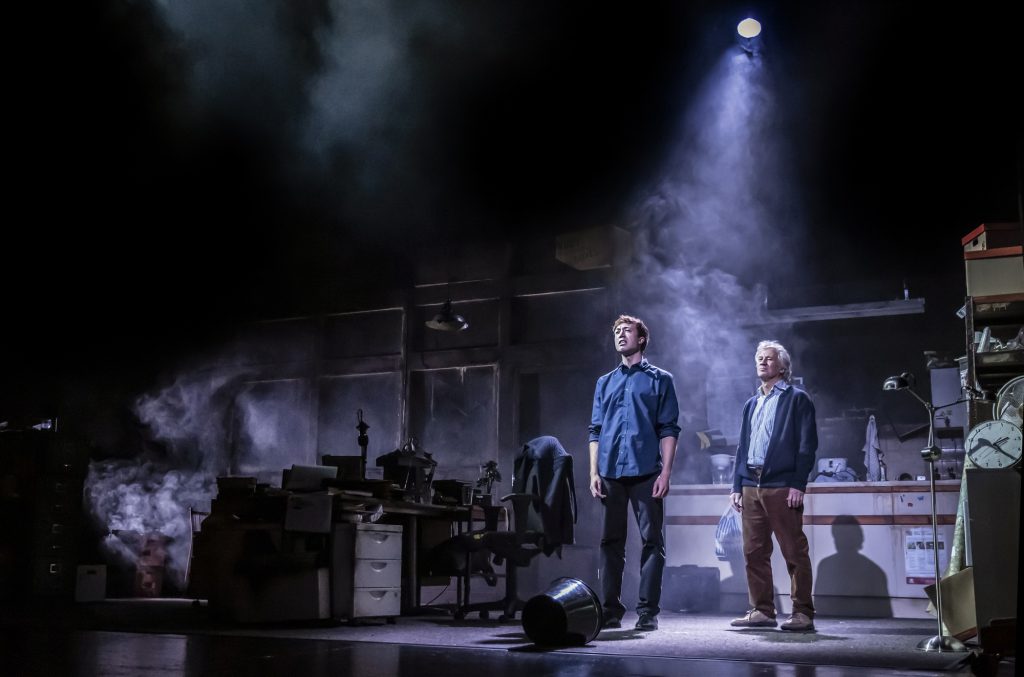
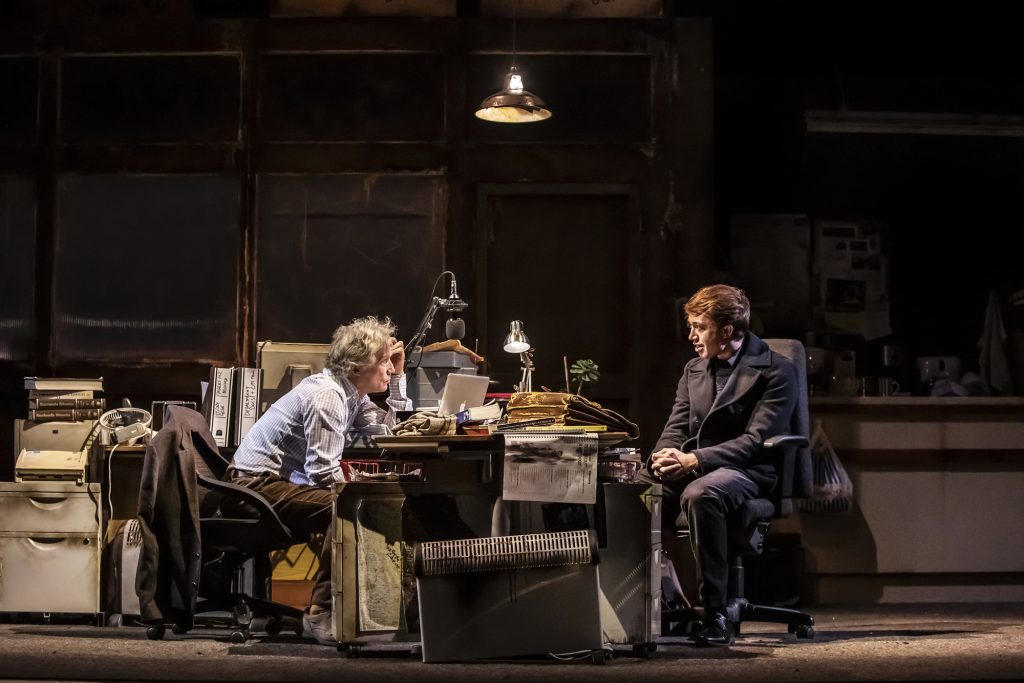
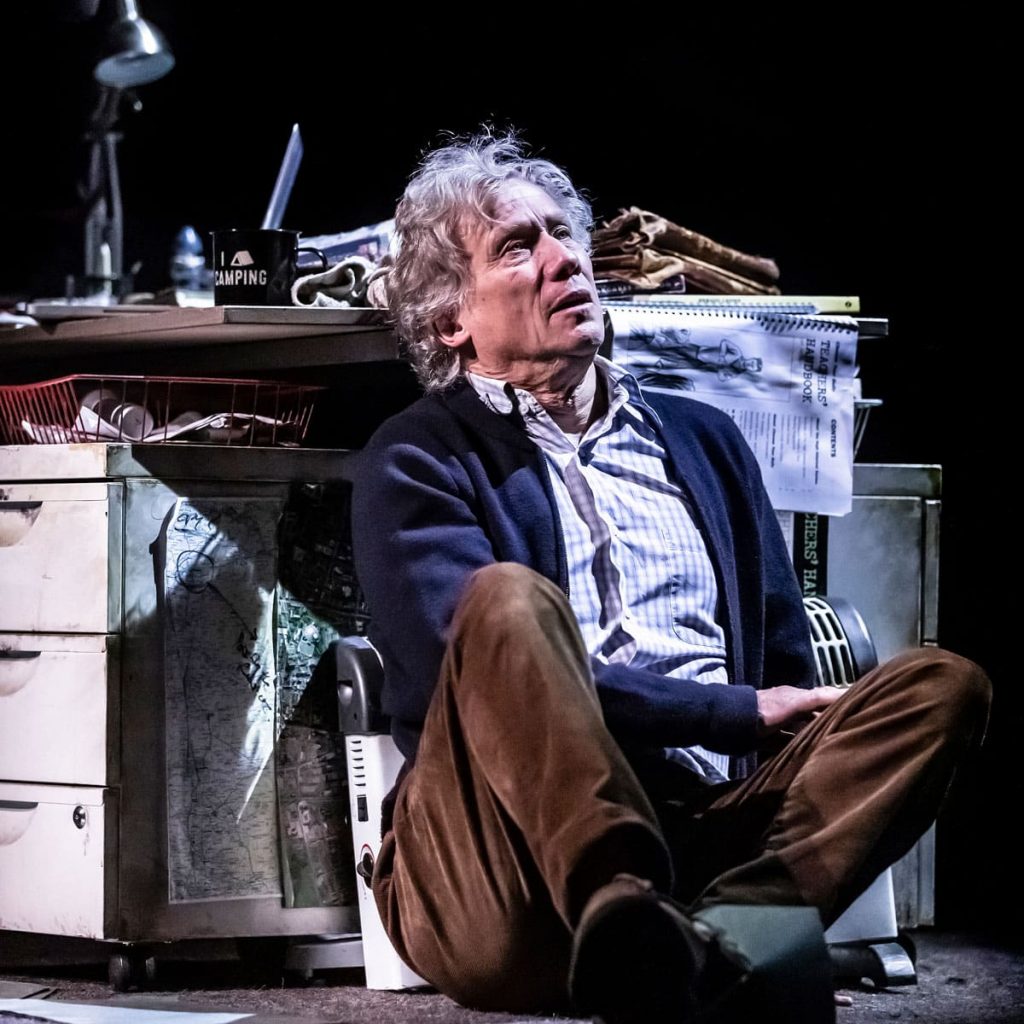
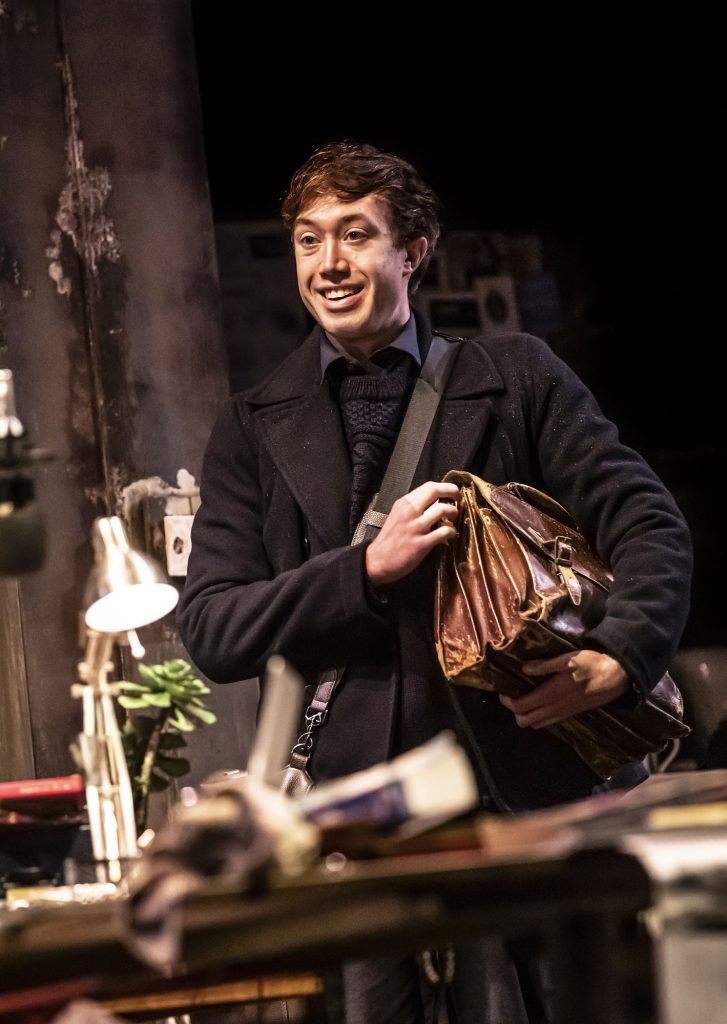
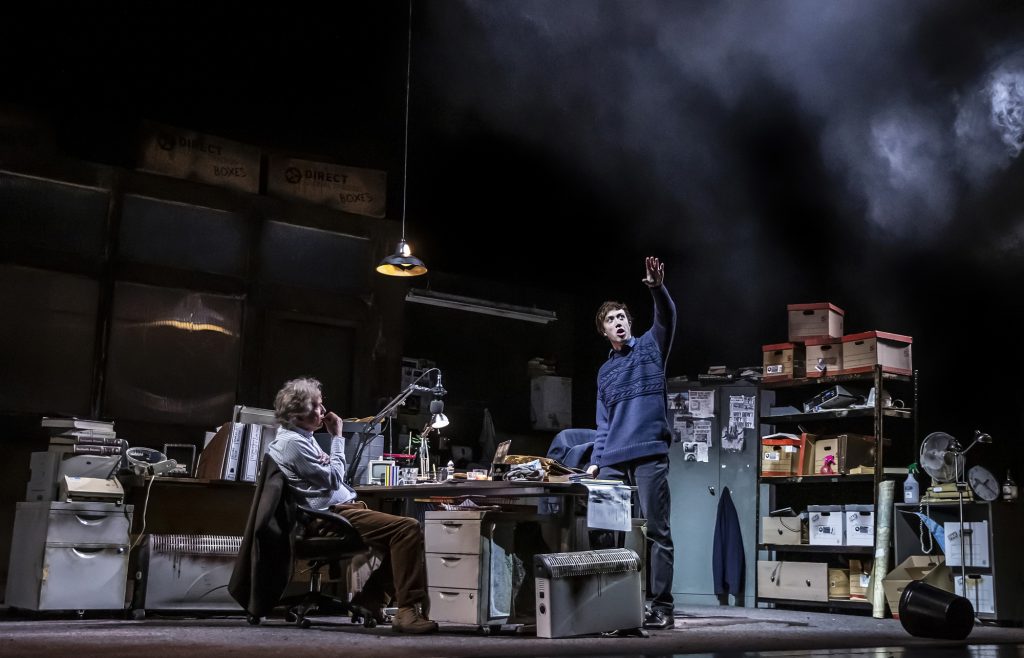
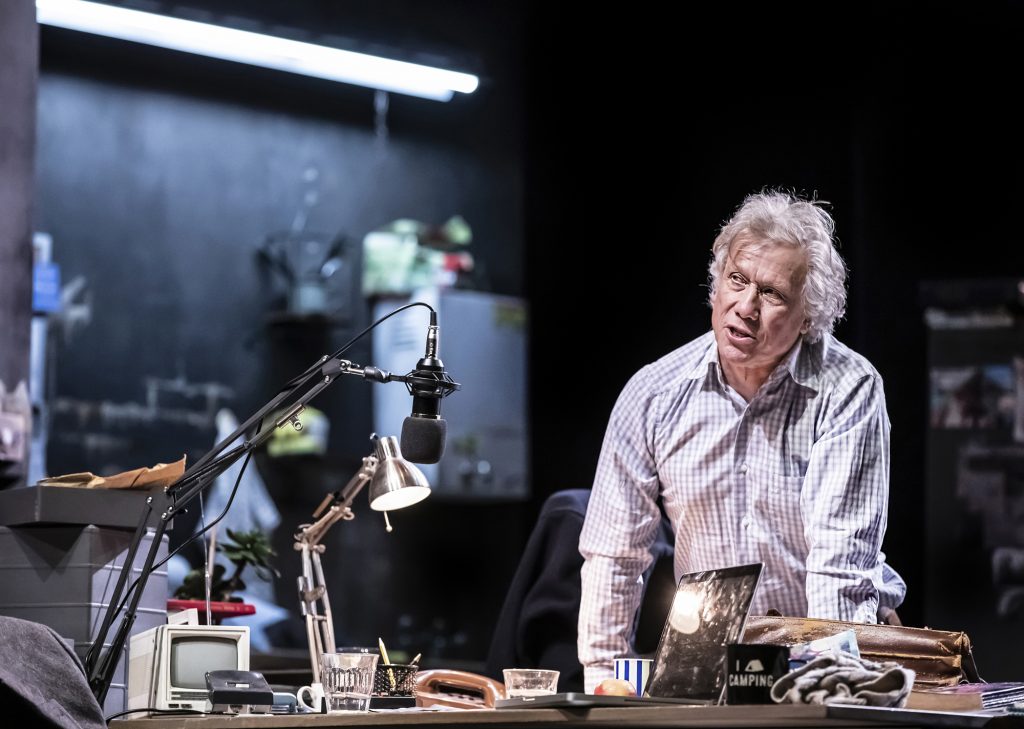
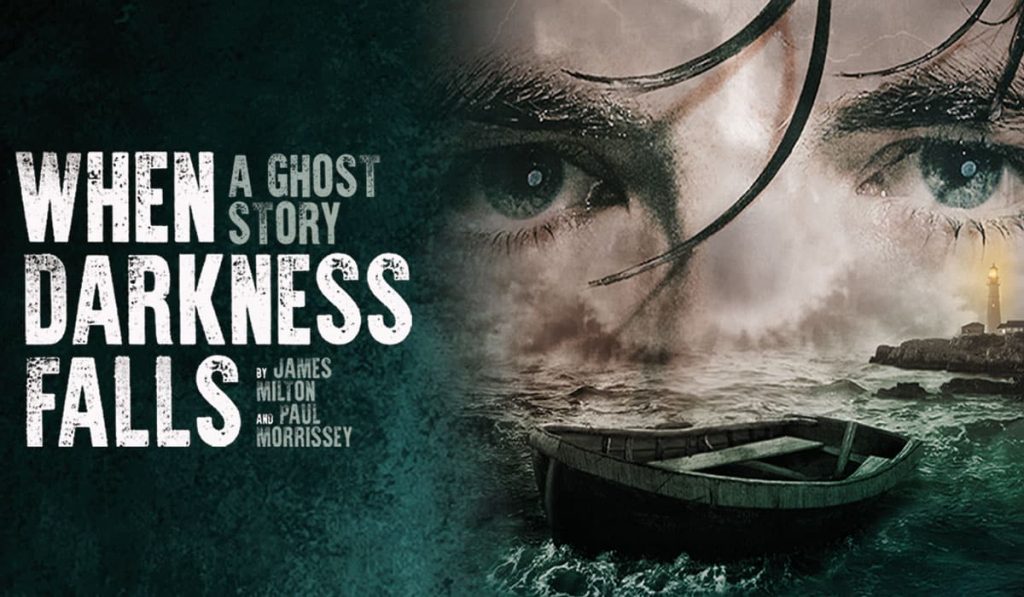
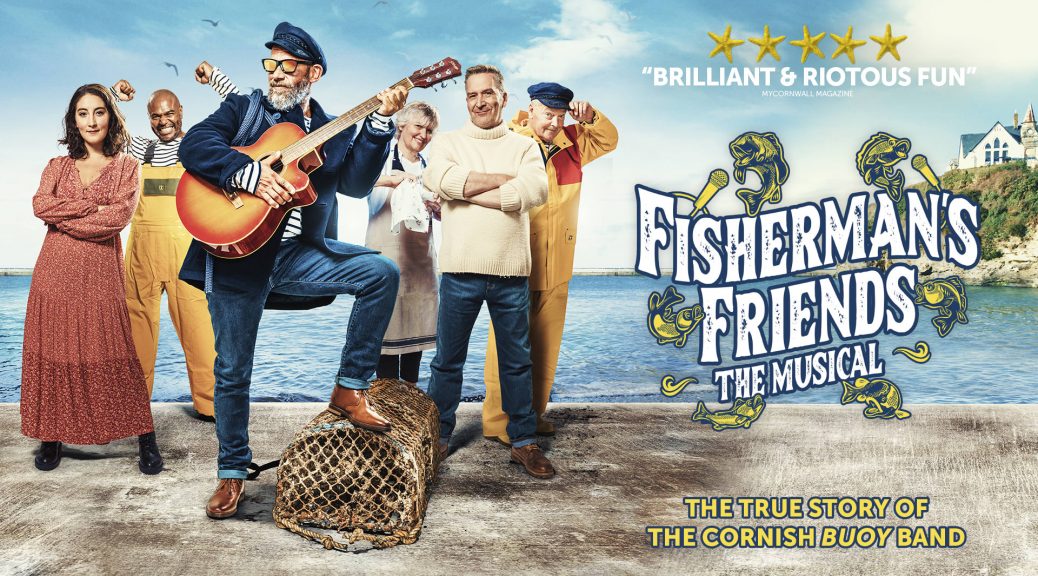
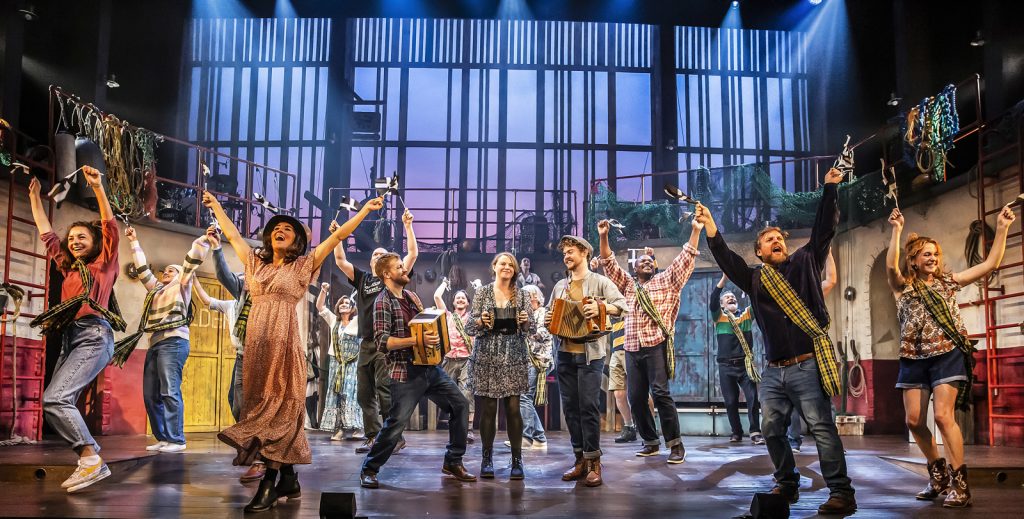
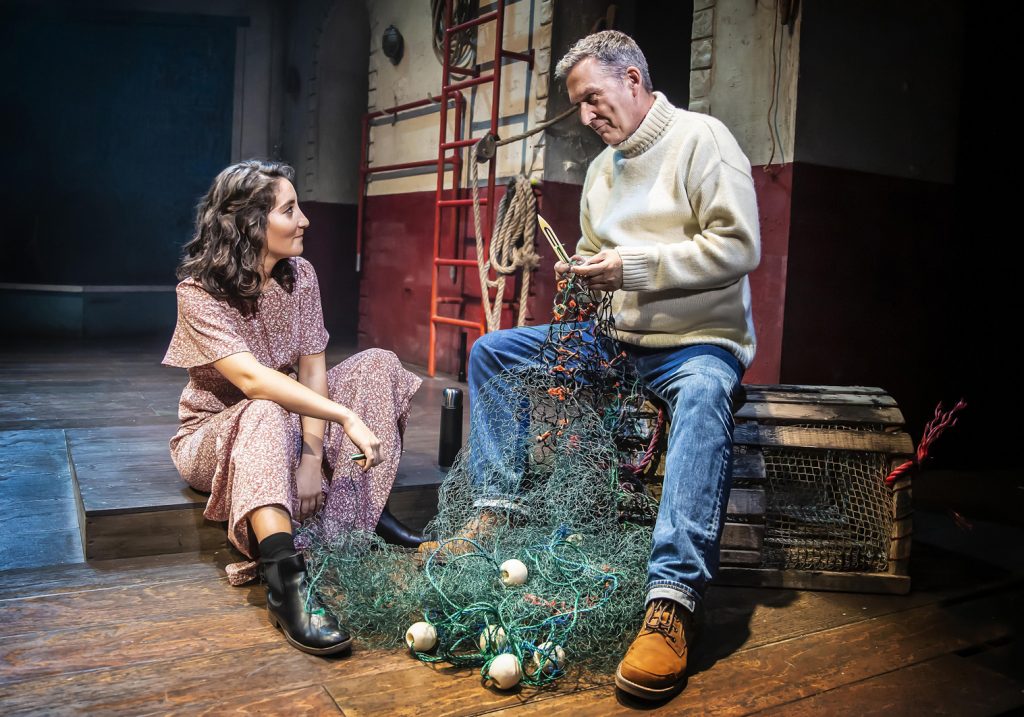
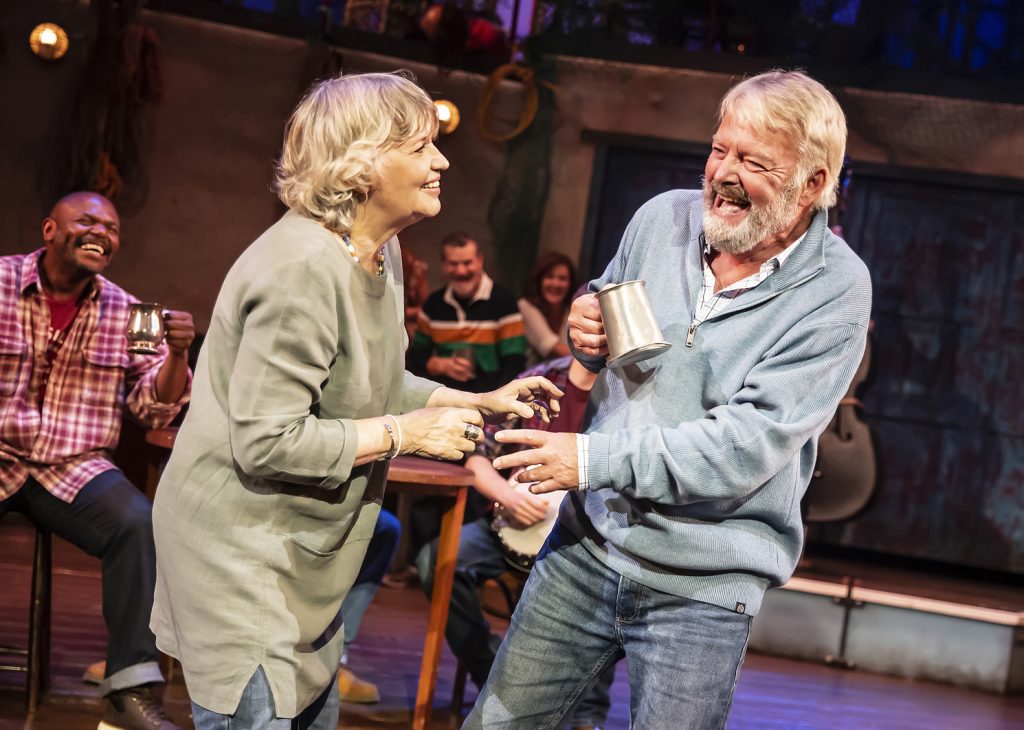
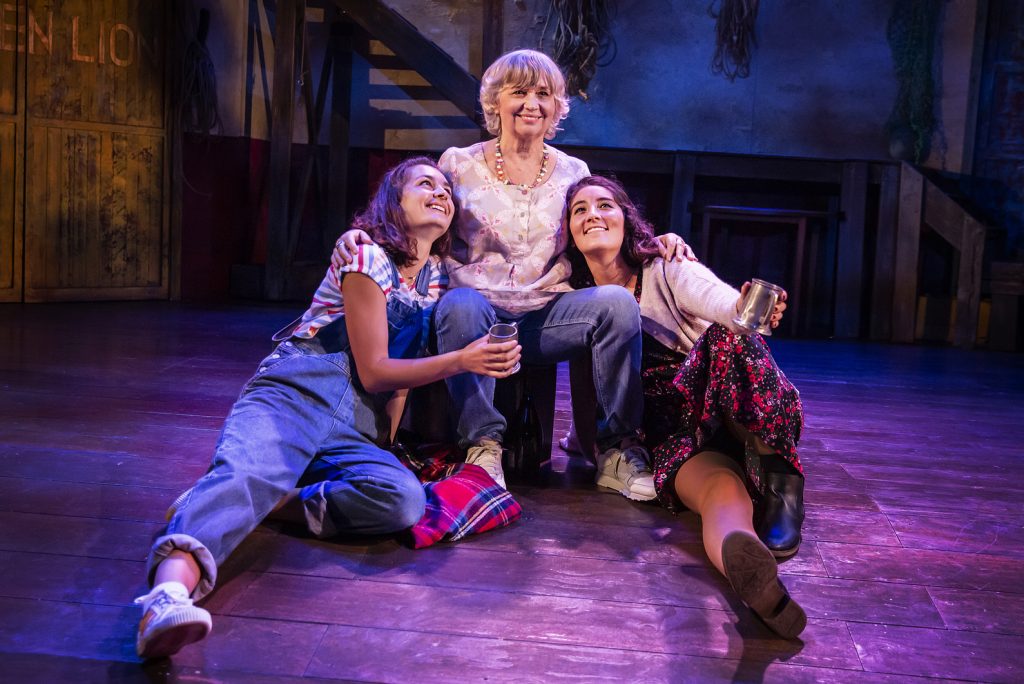
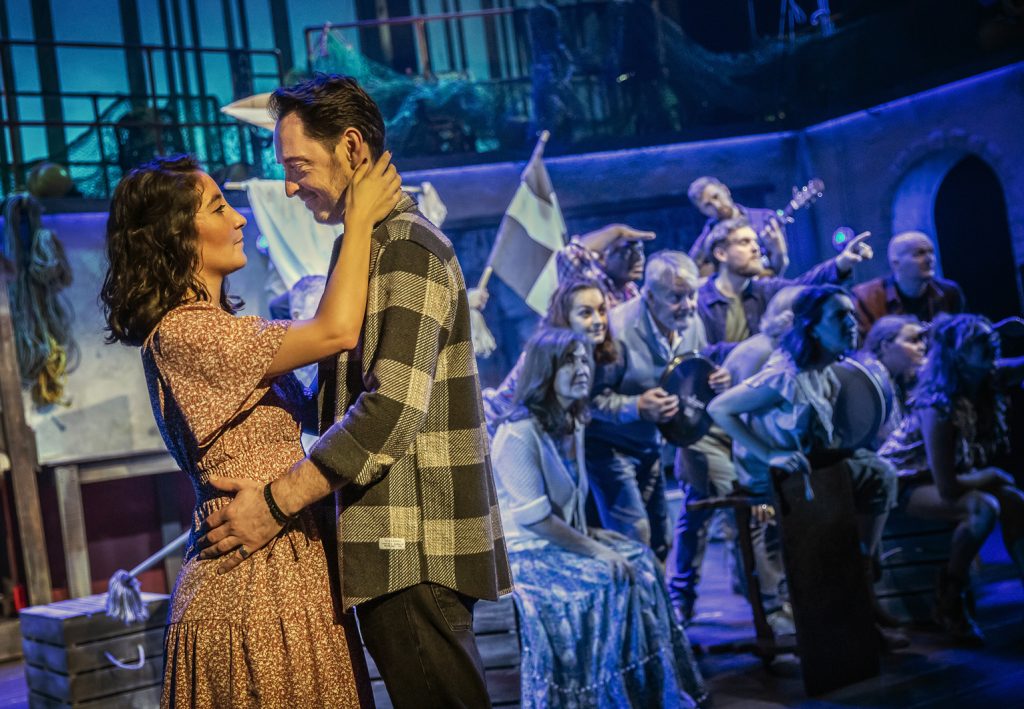
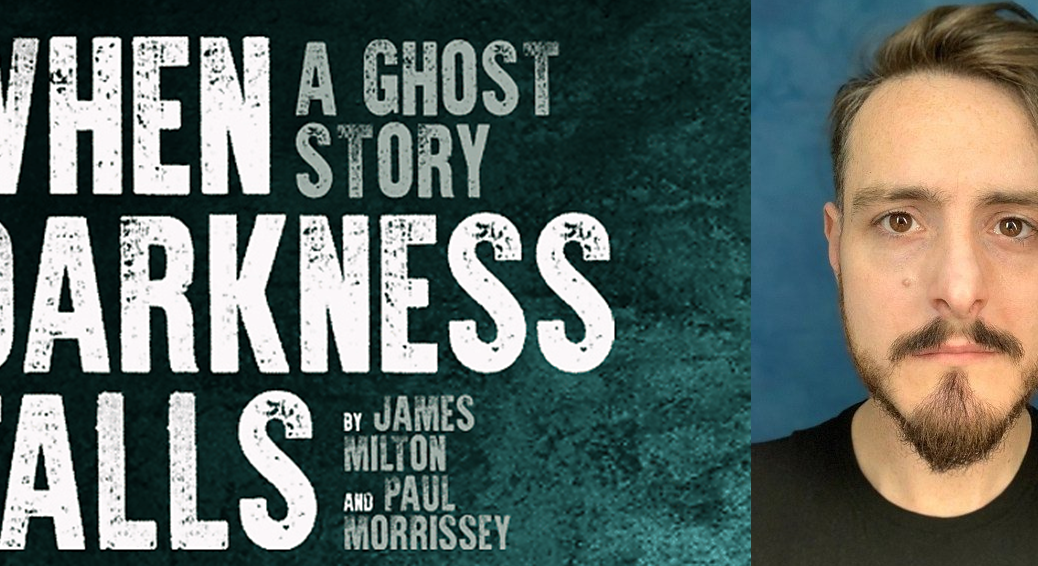
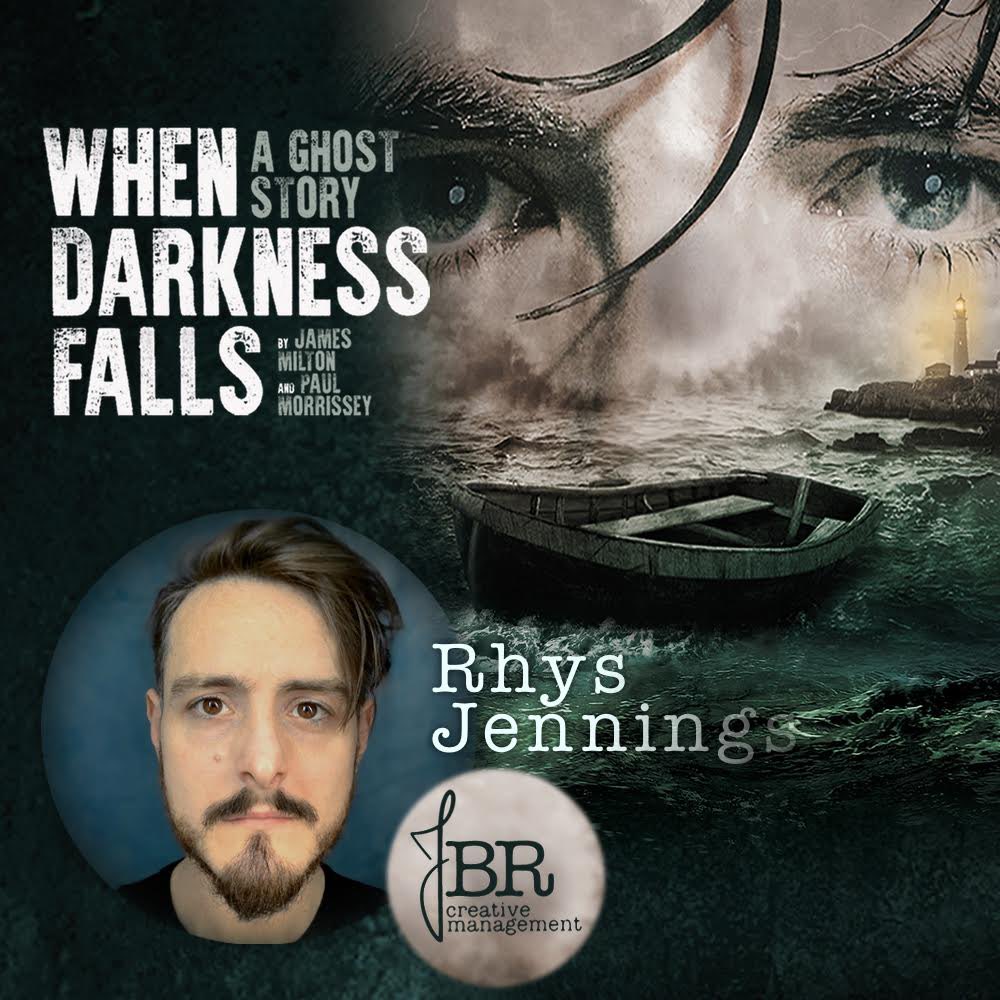

 (5 / 5)
(5 / 5)